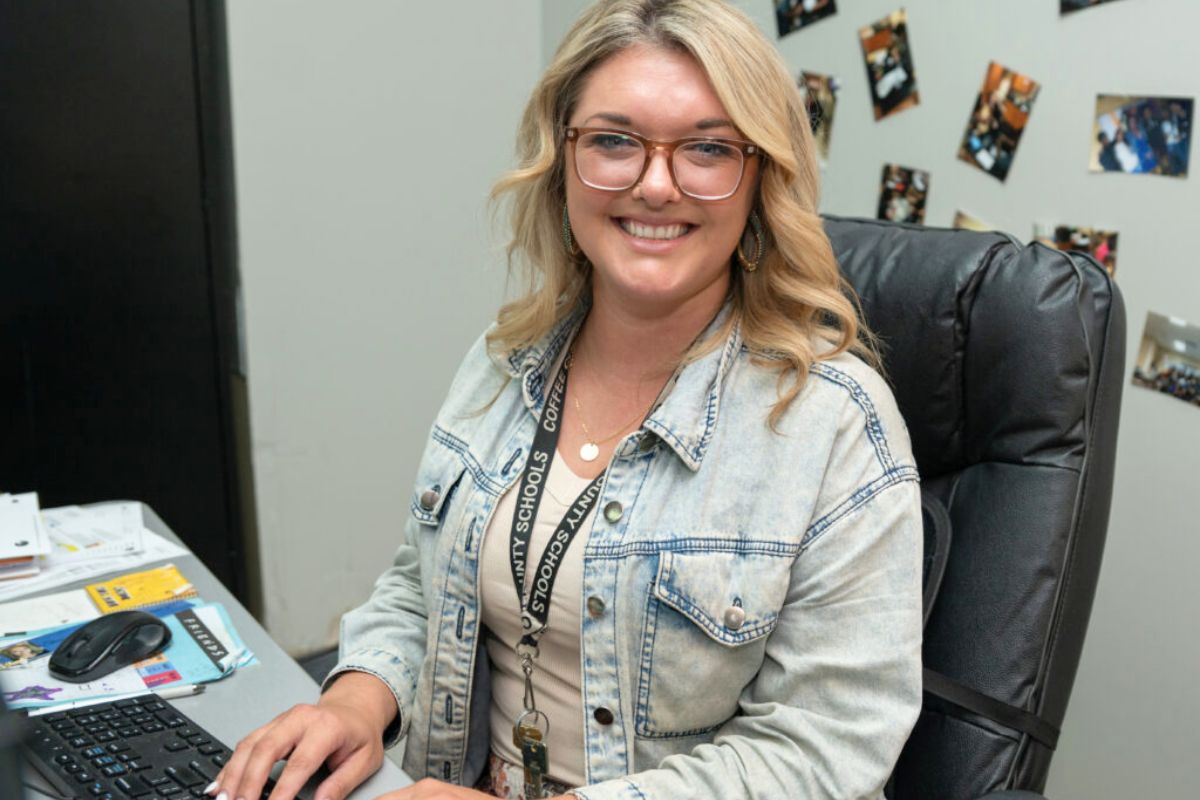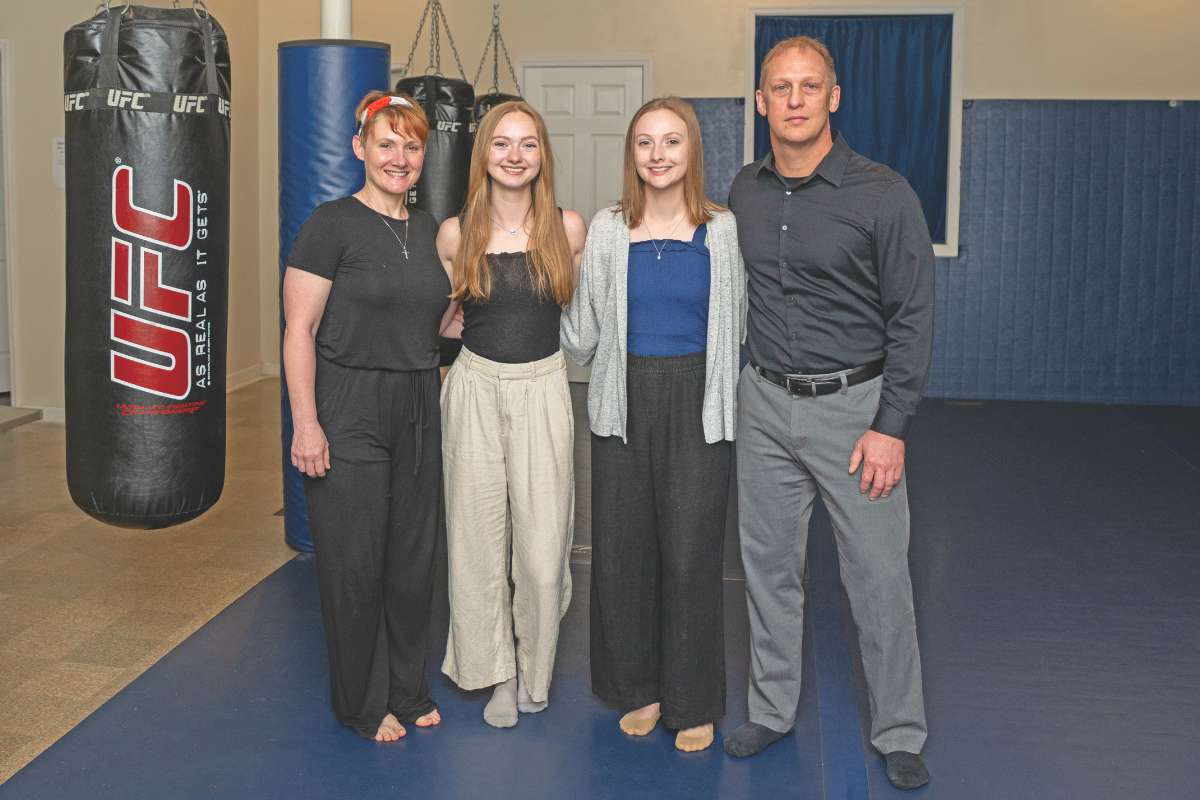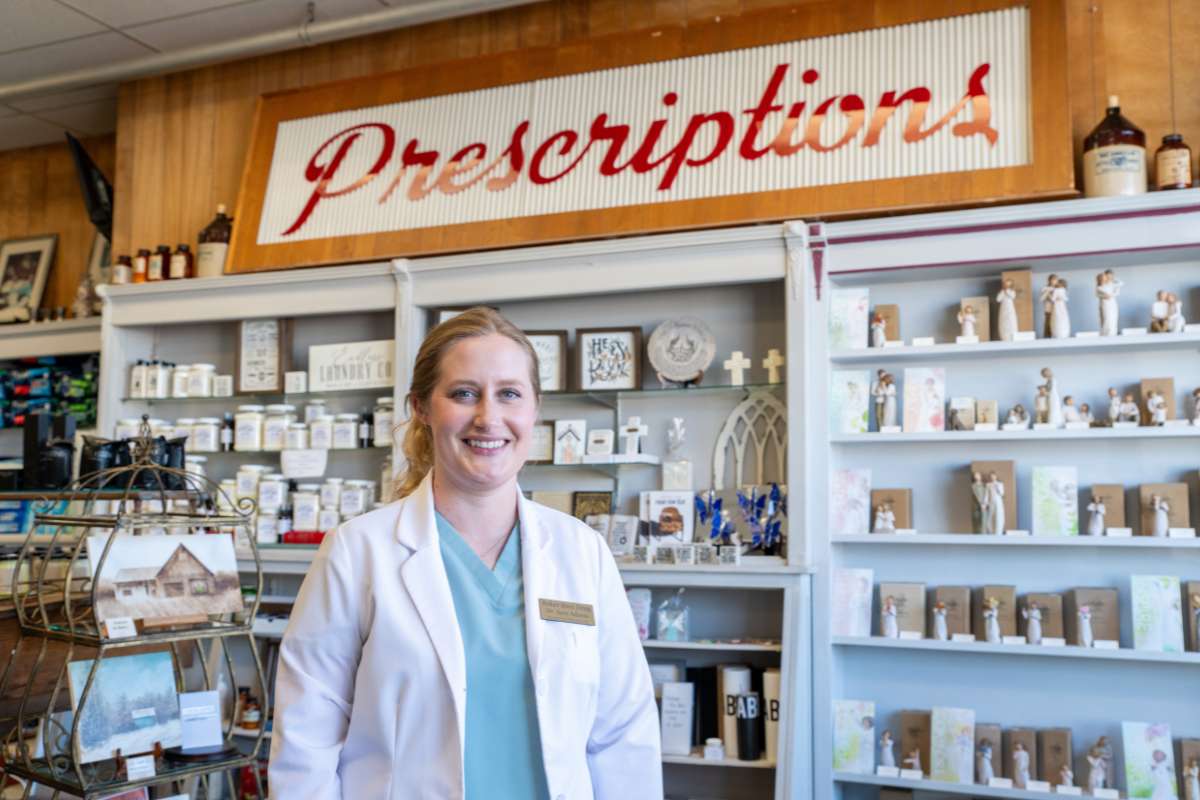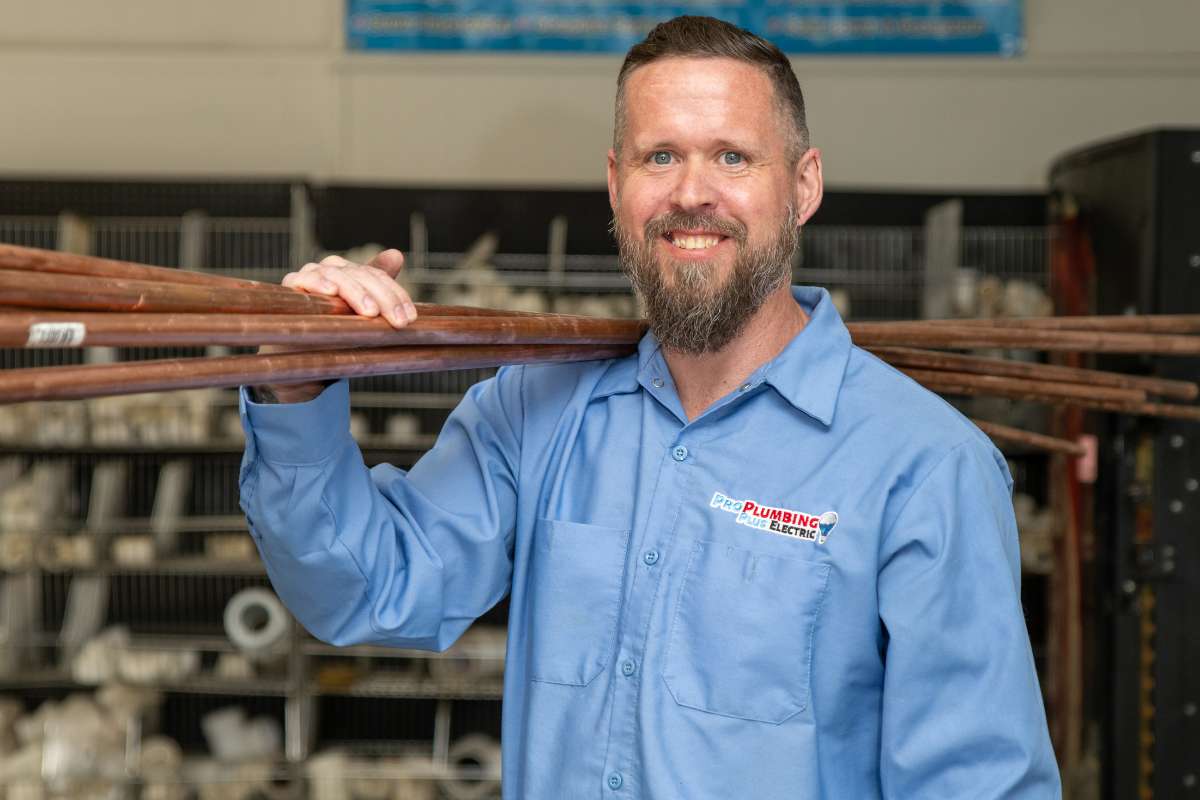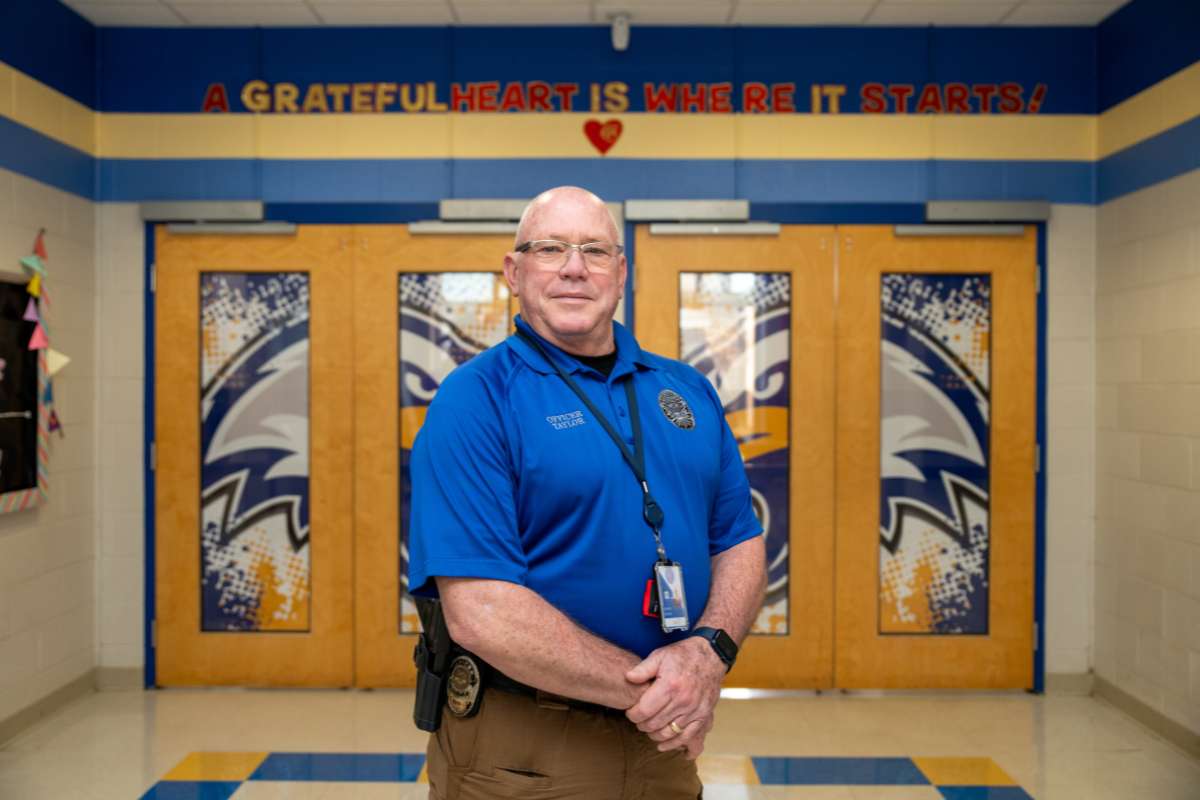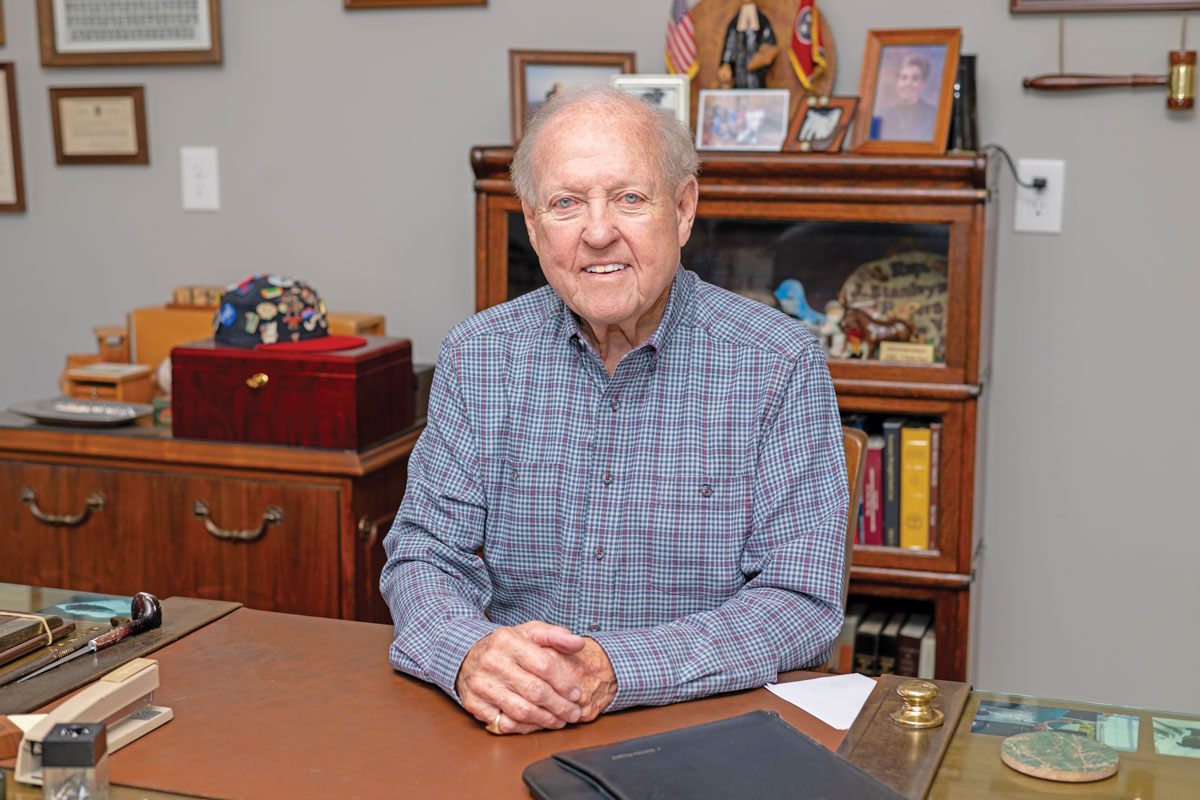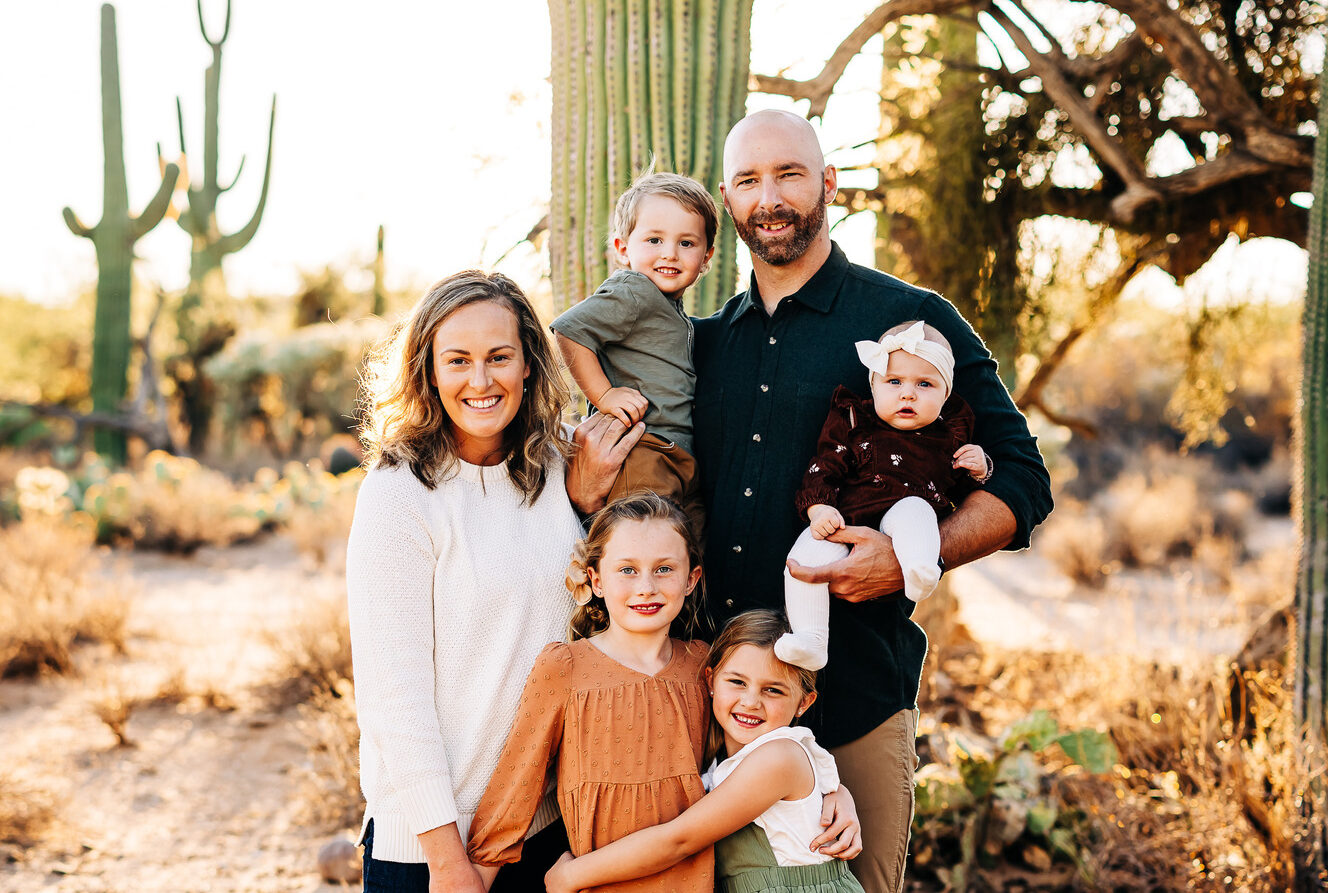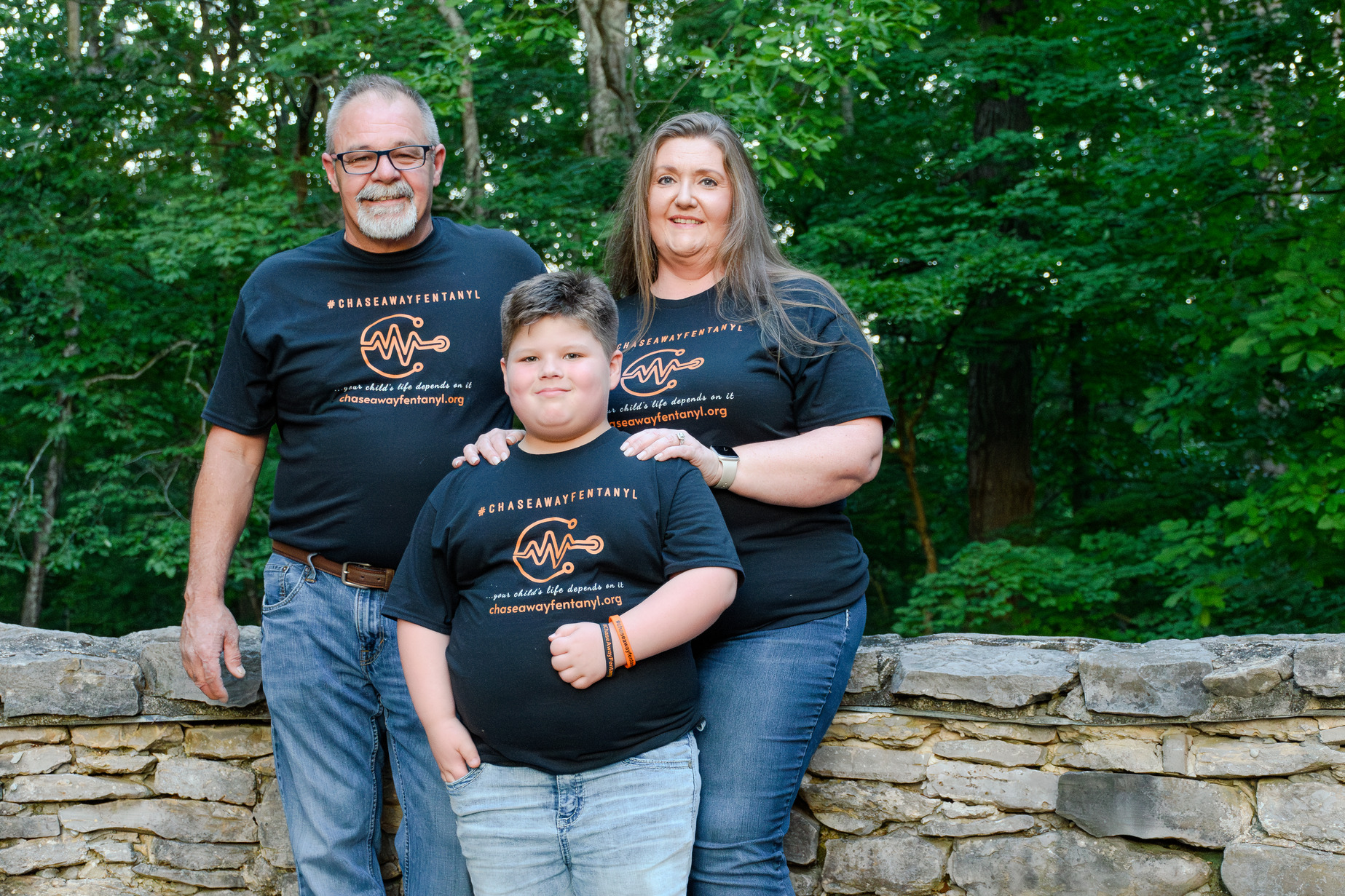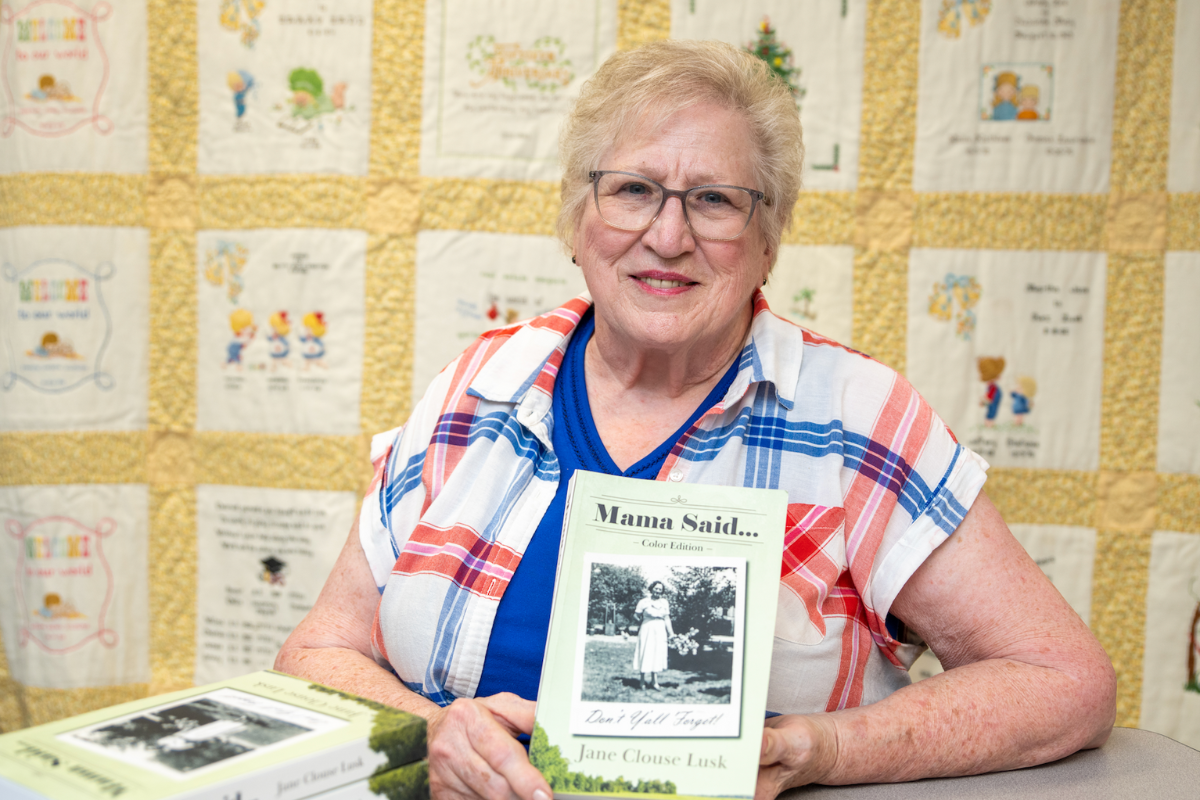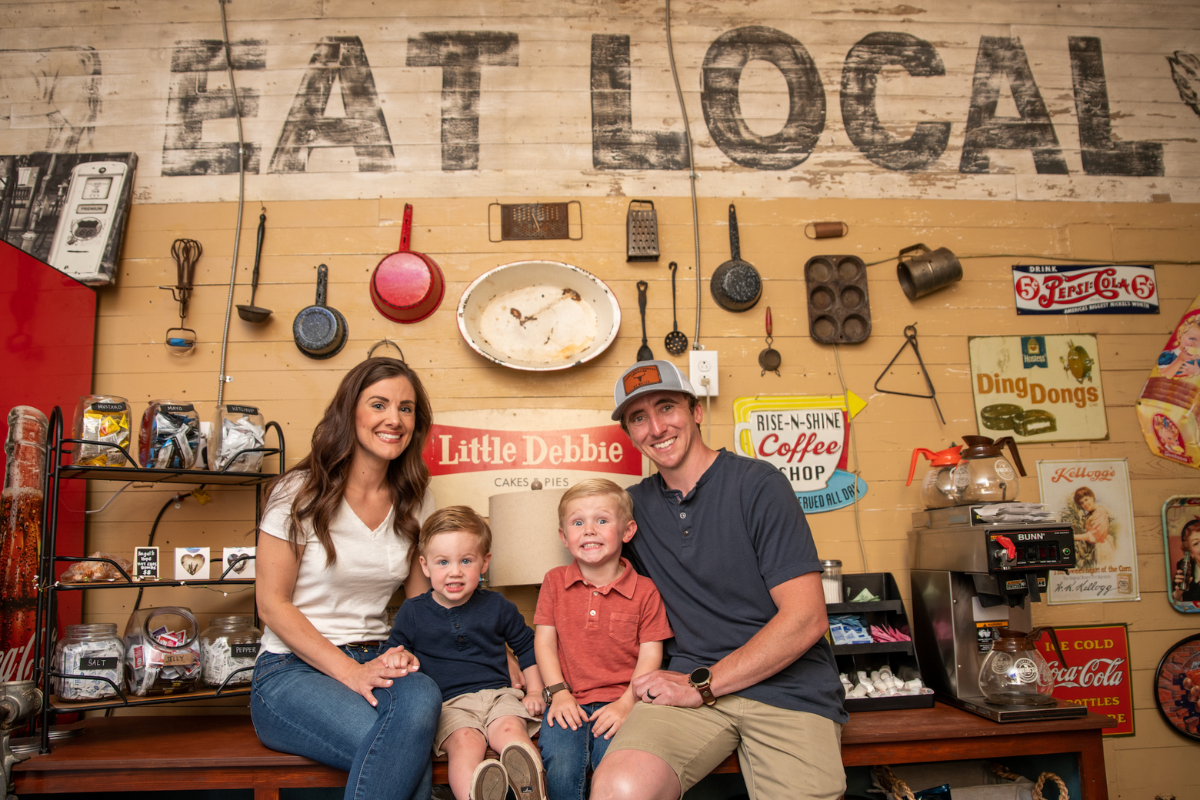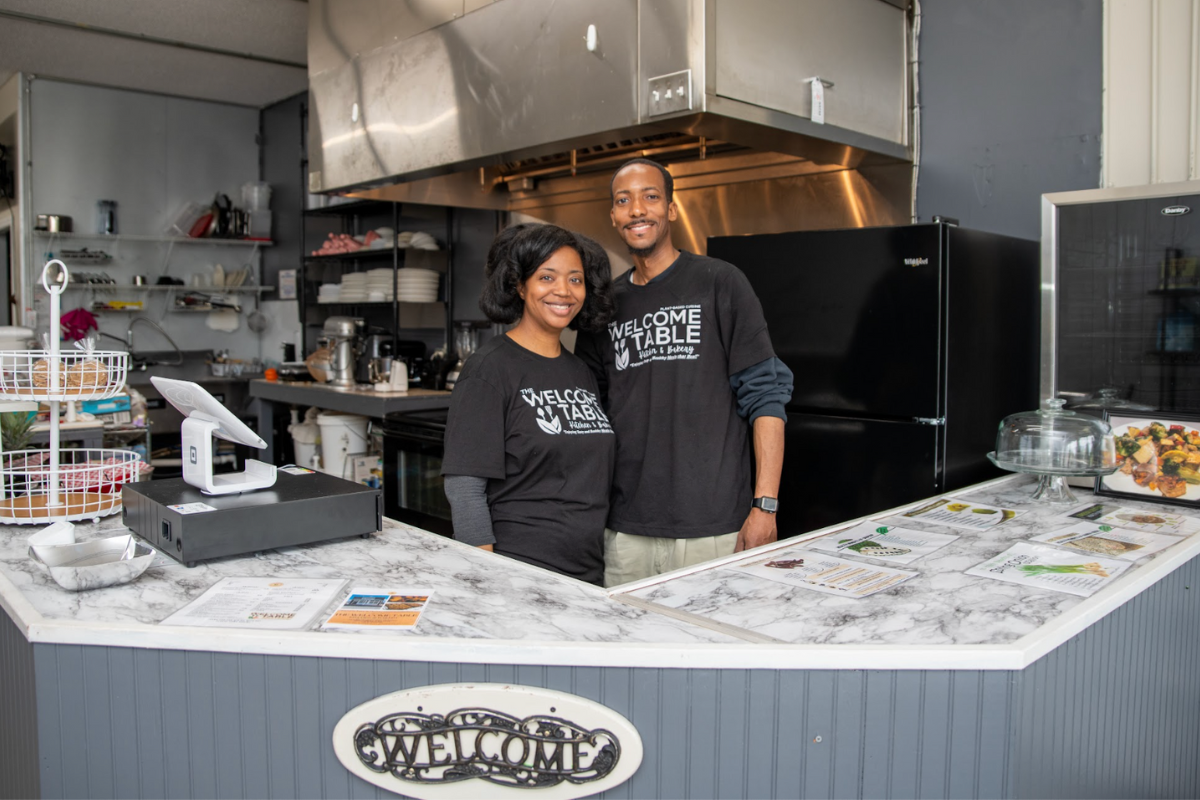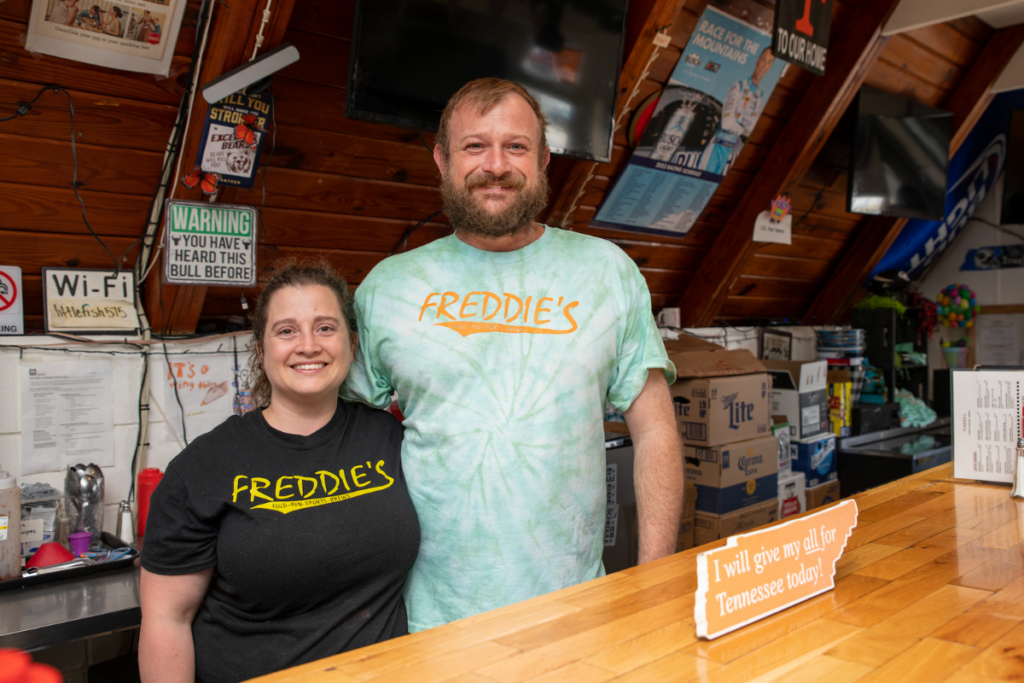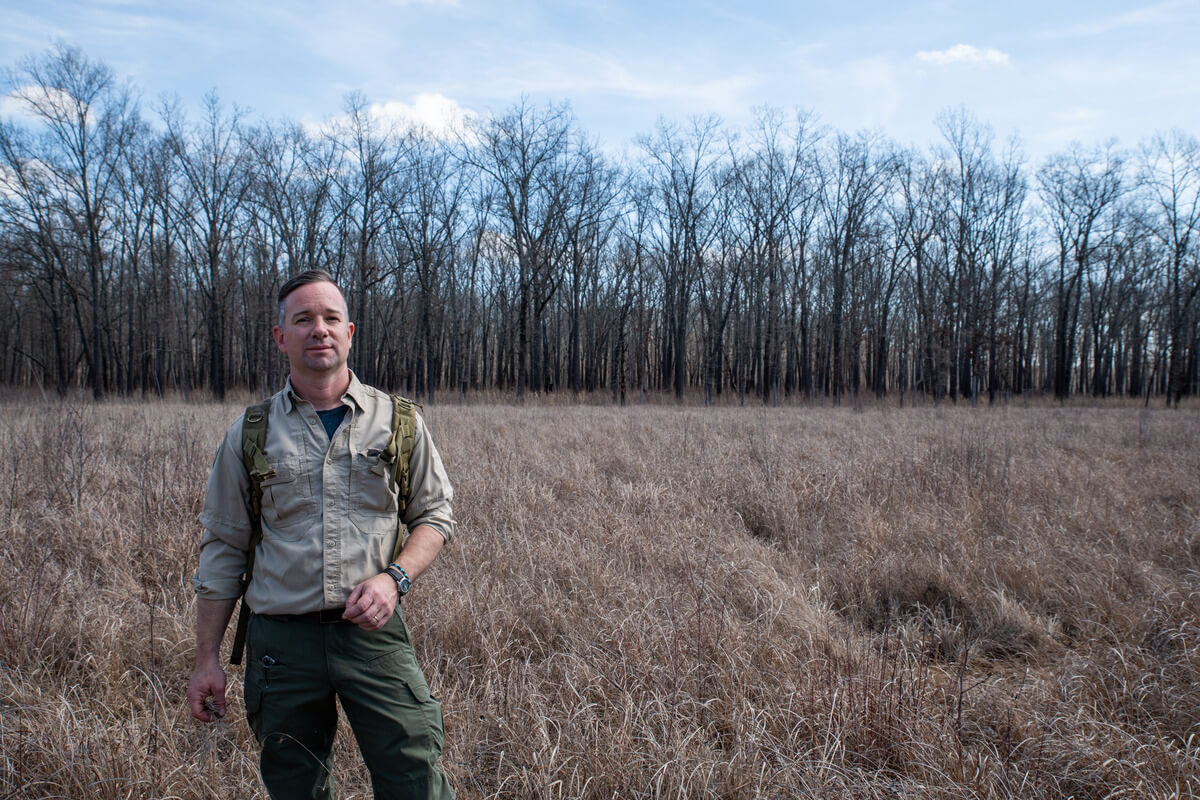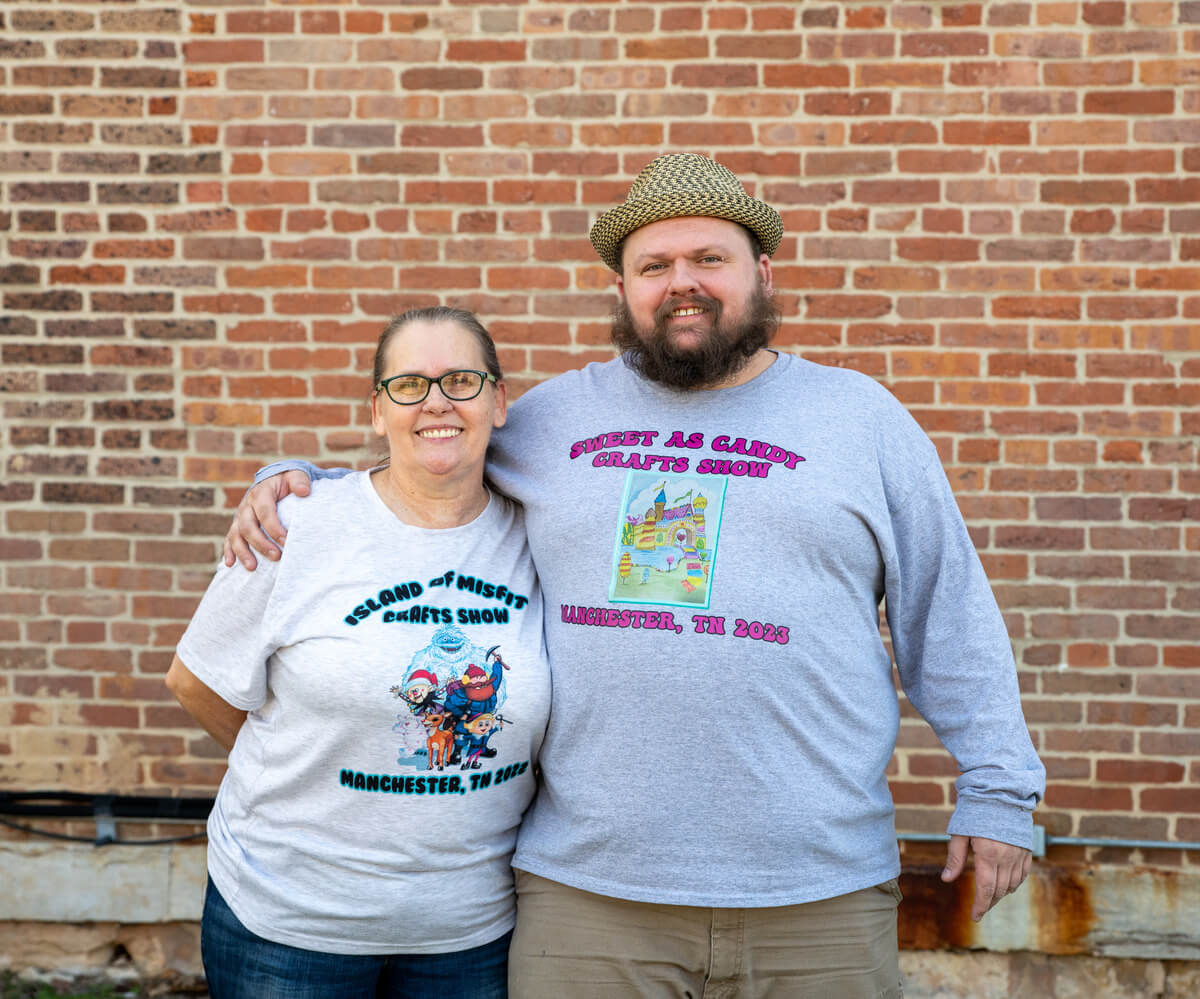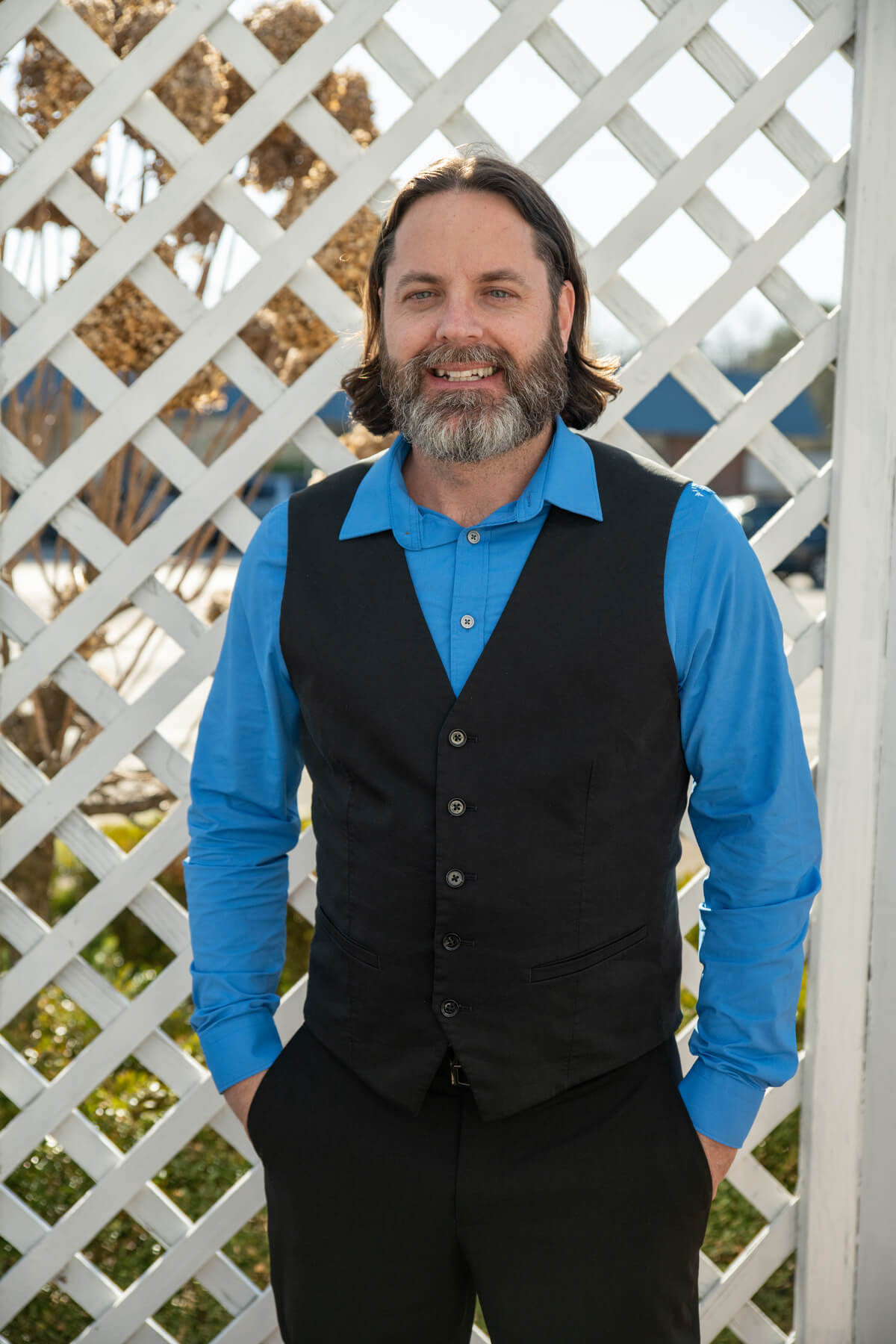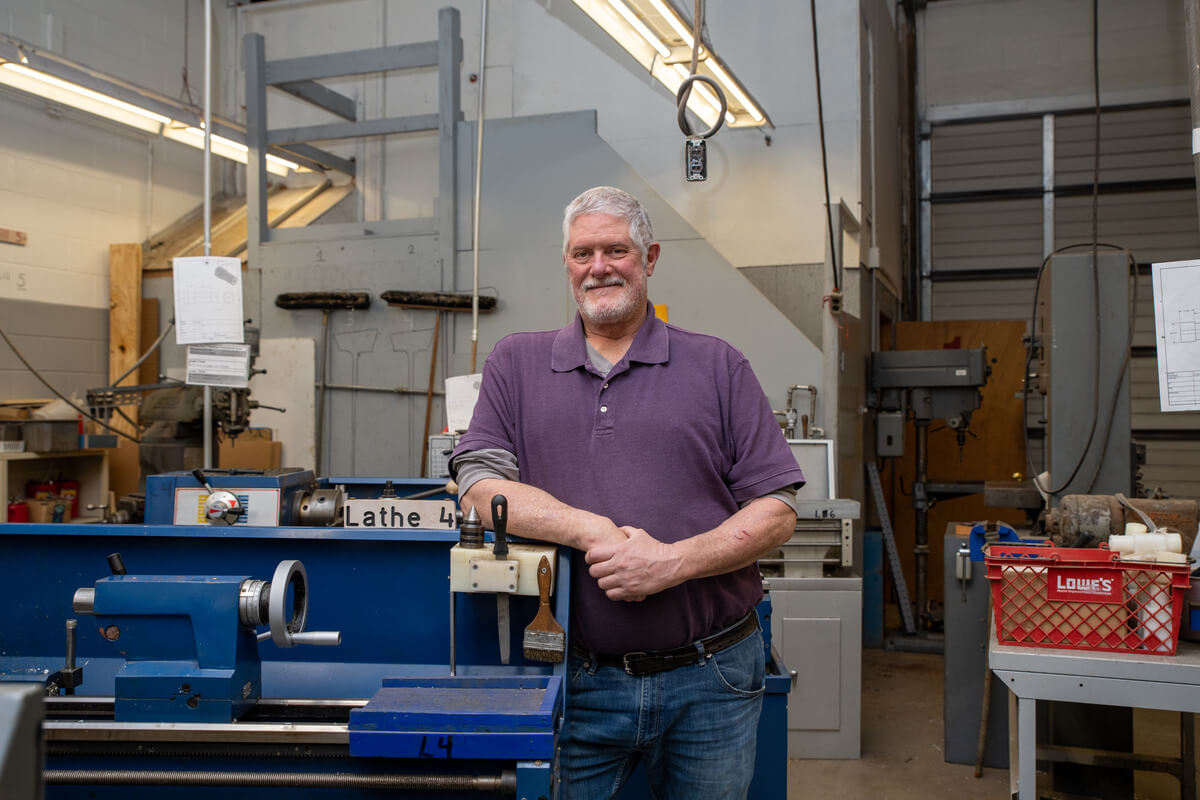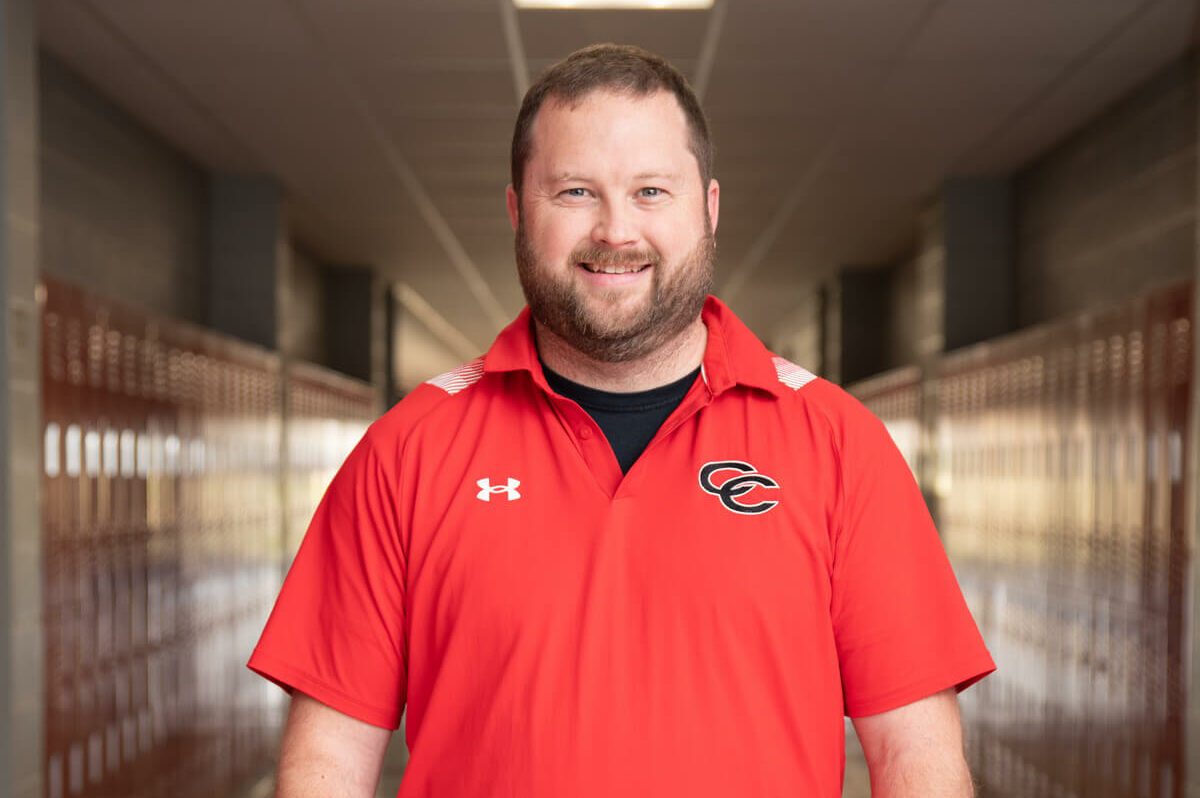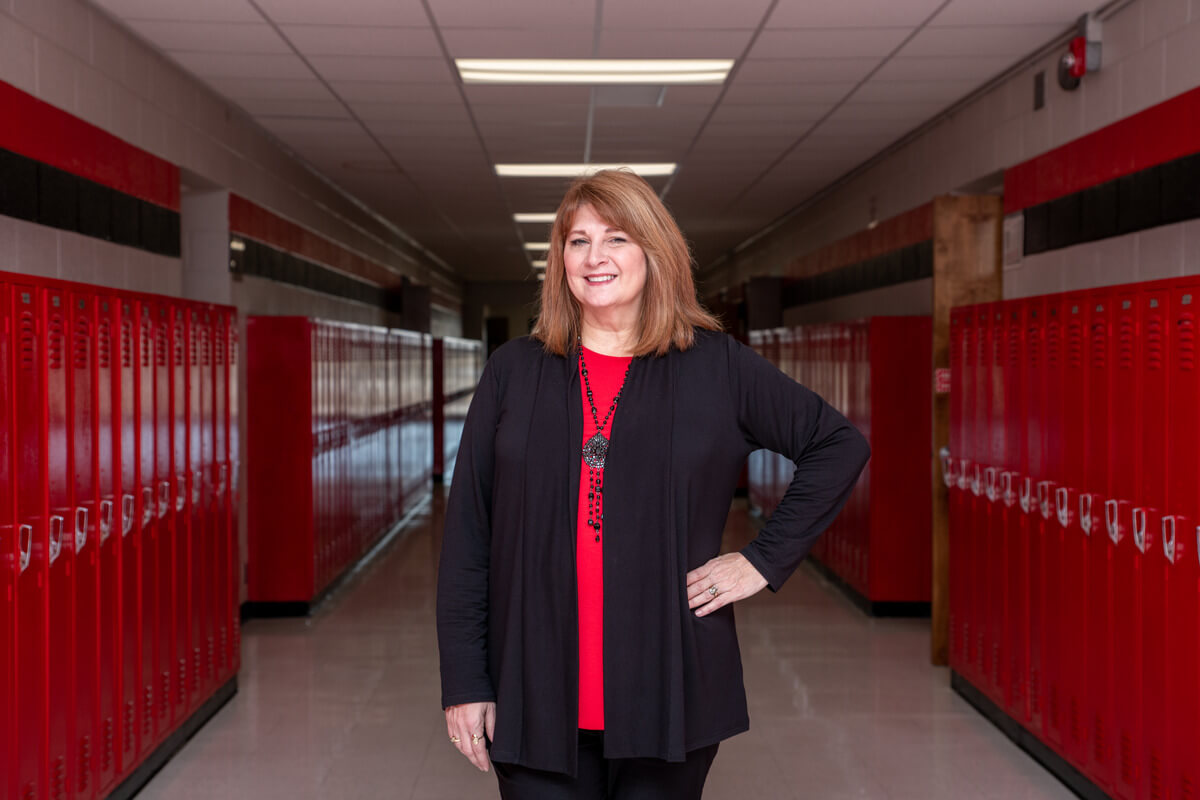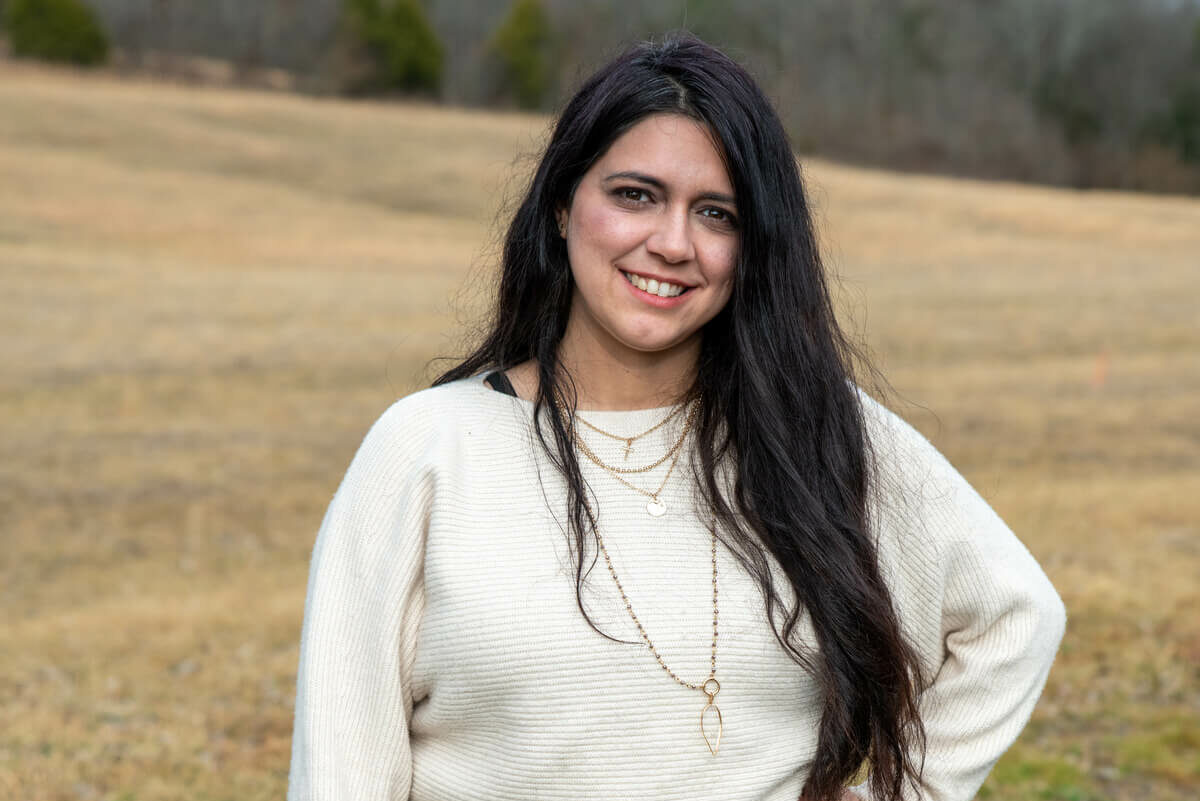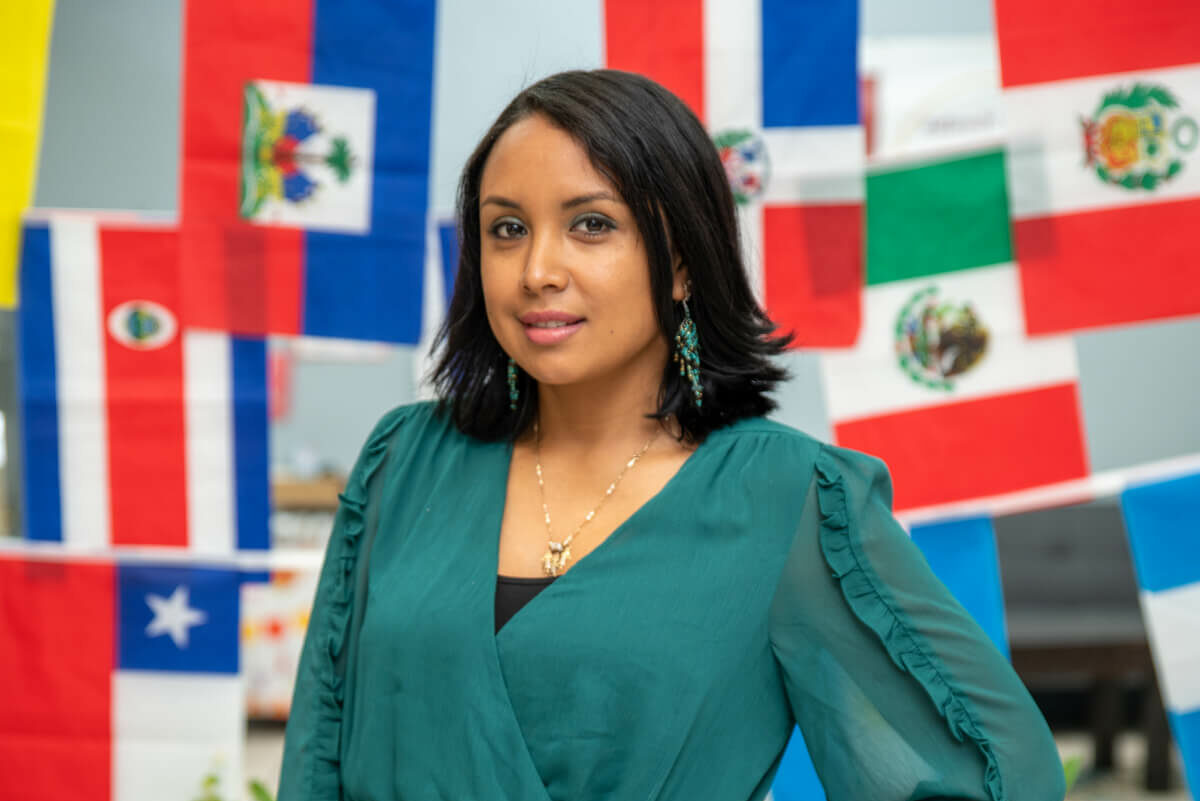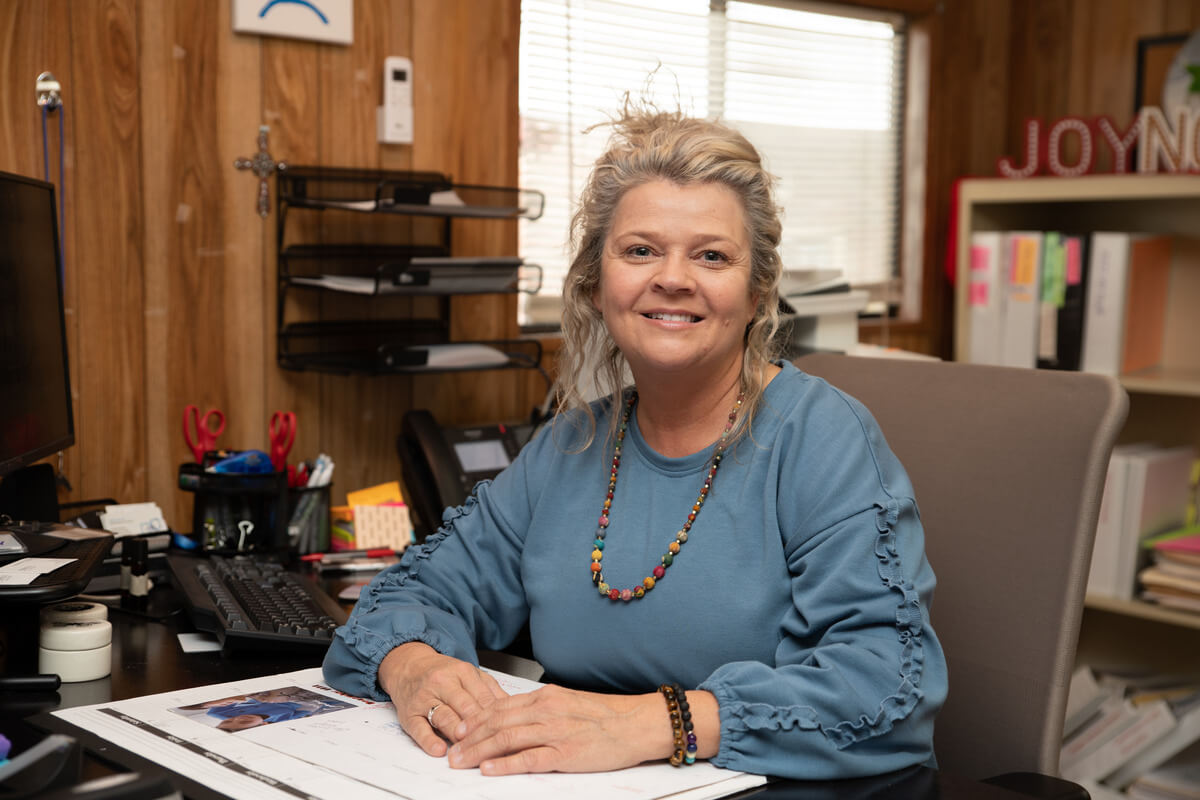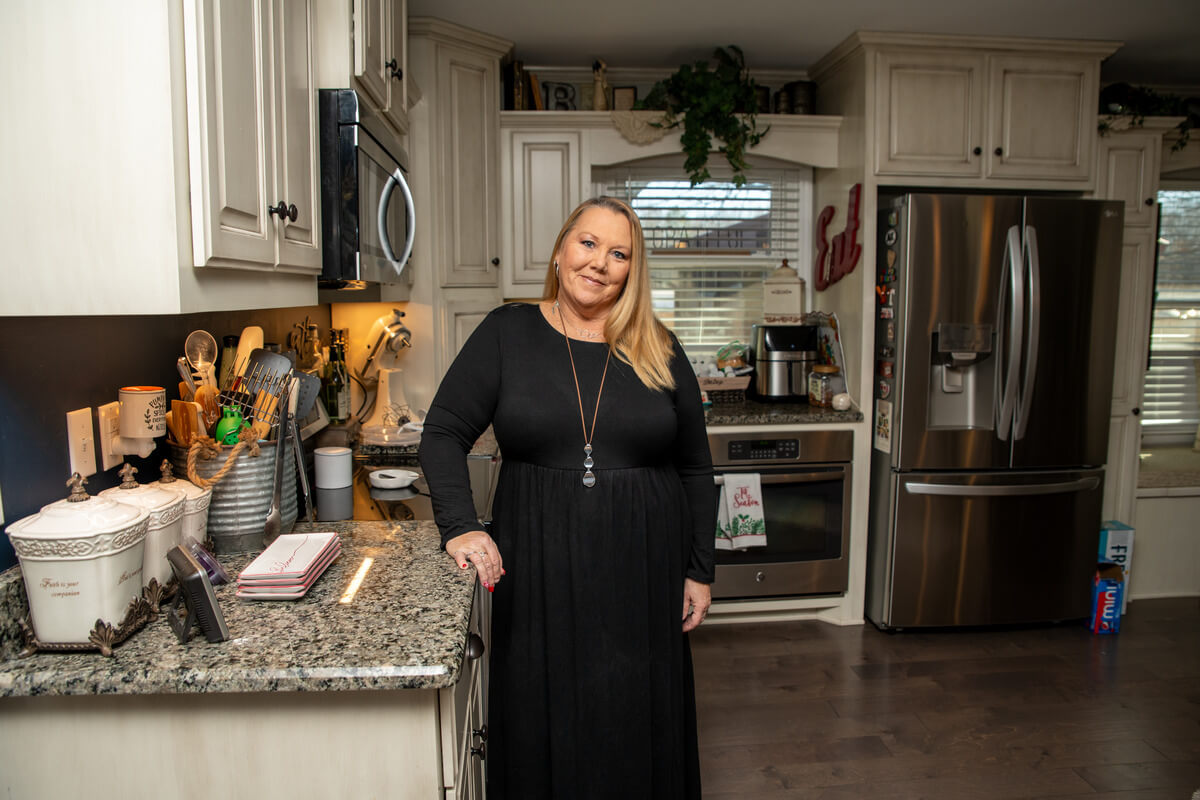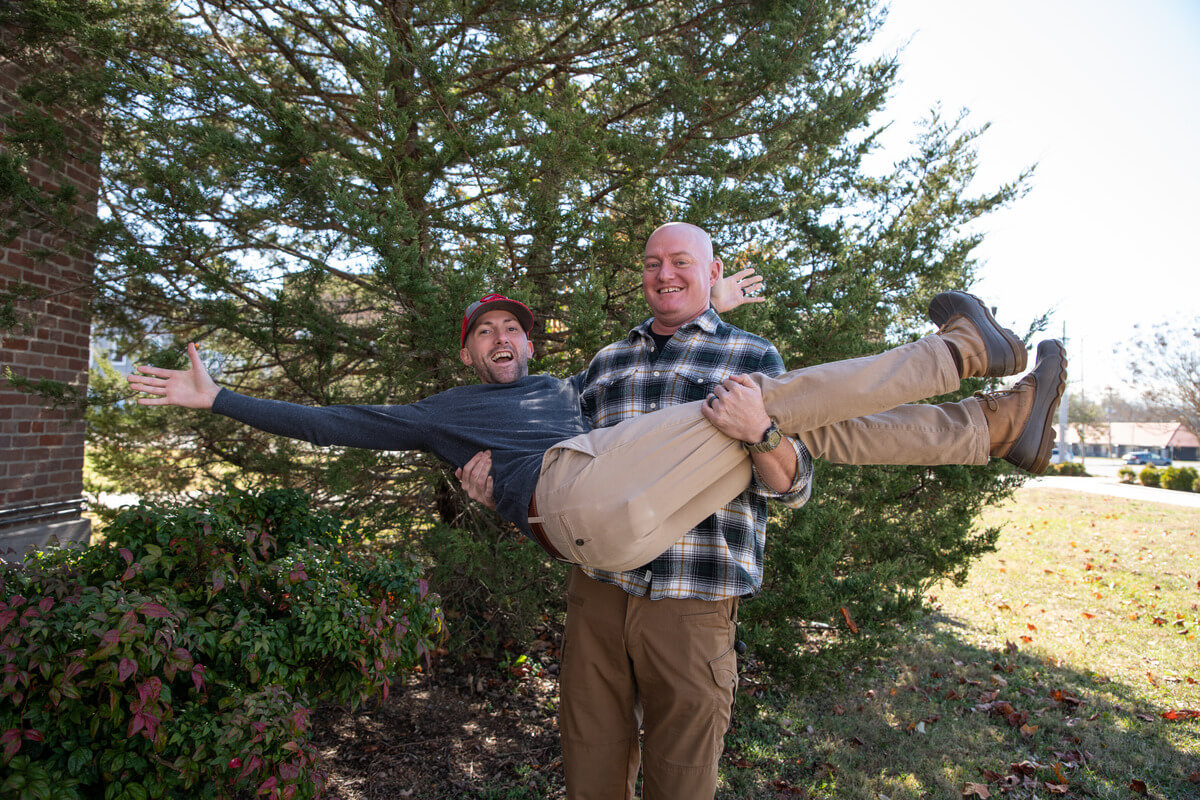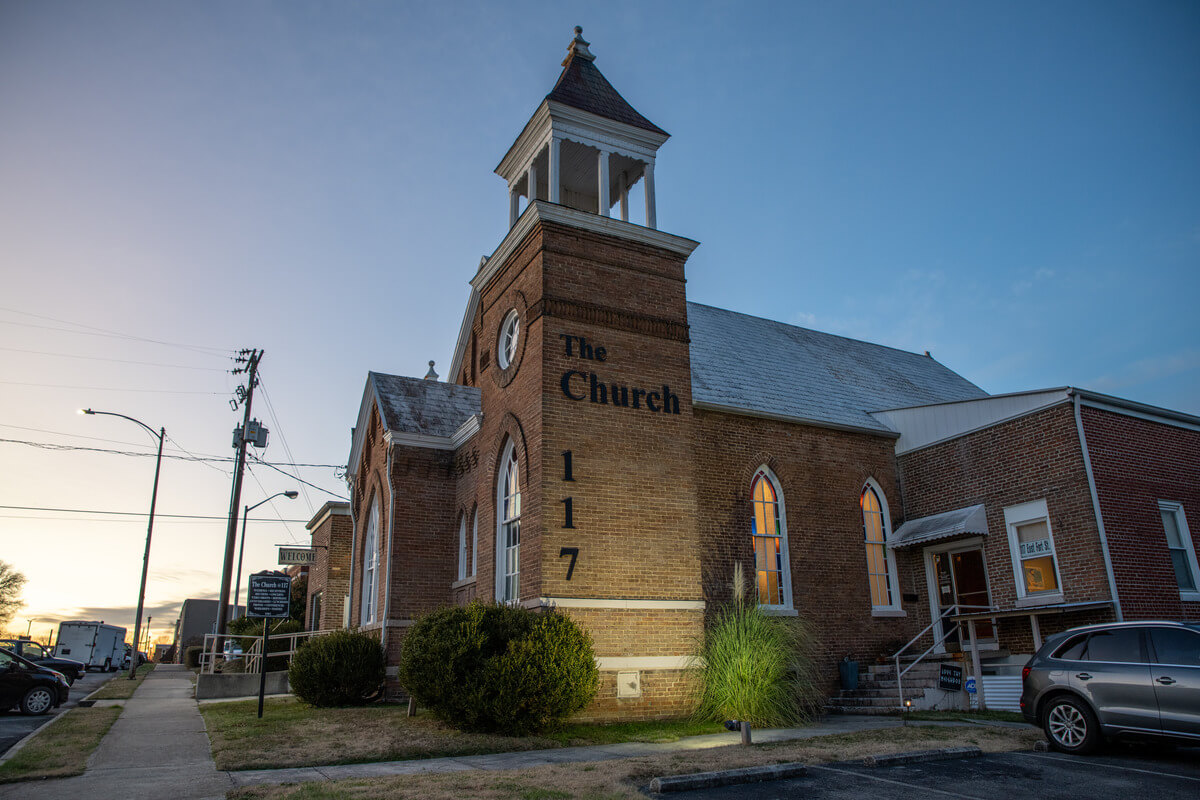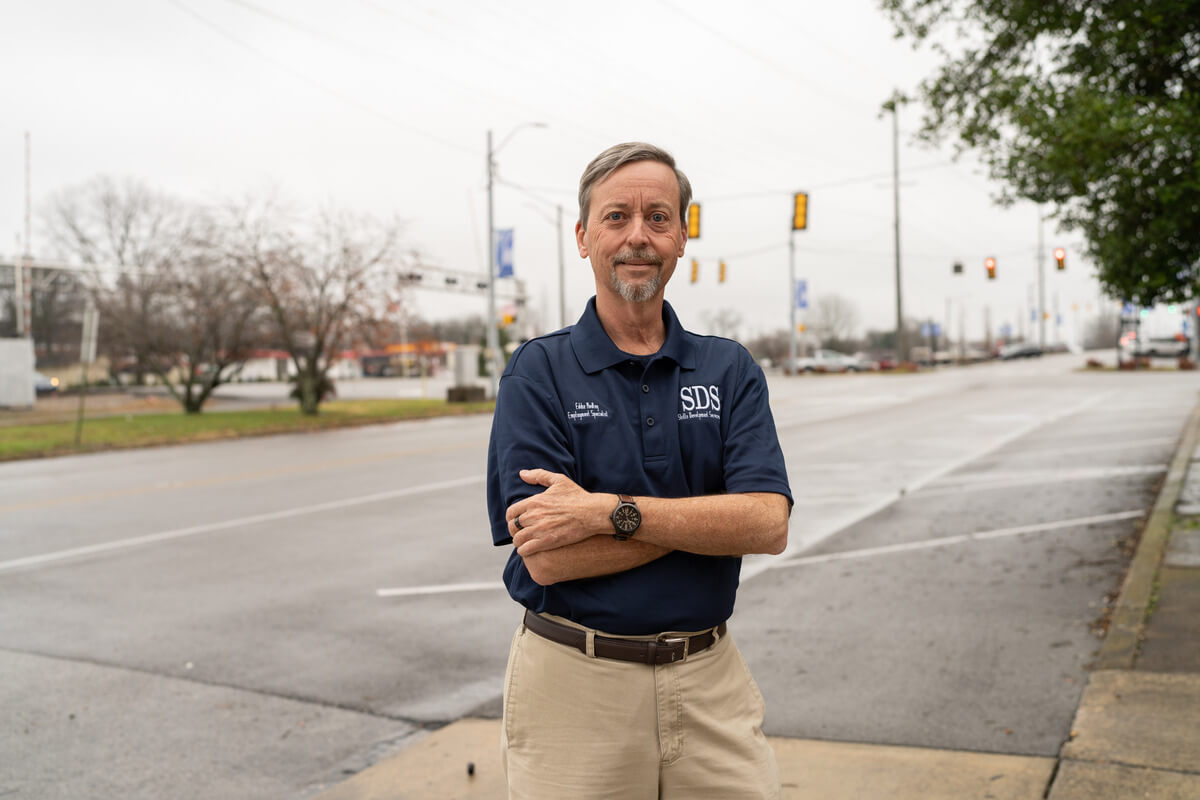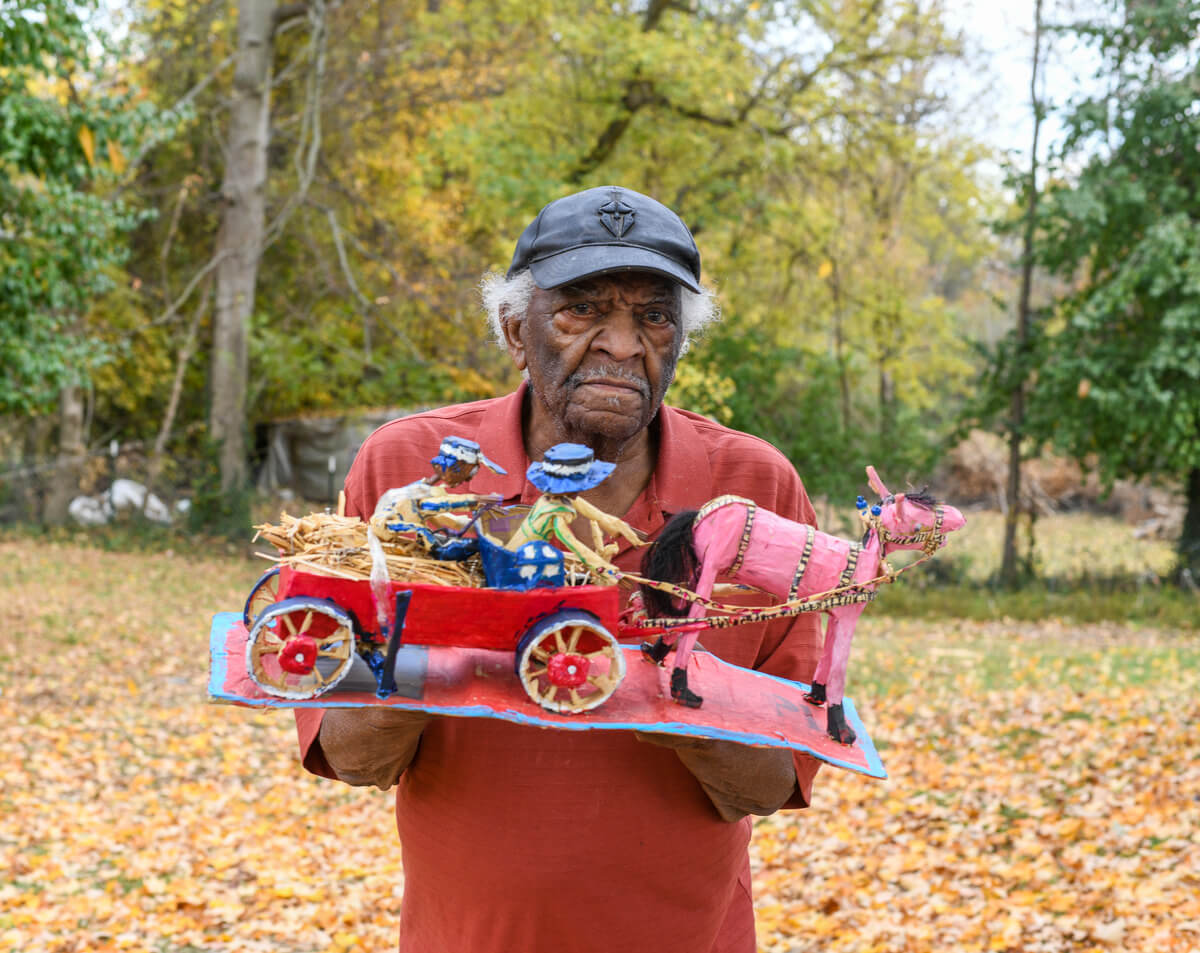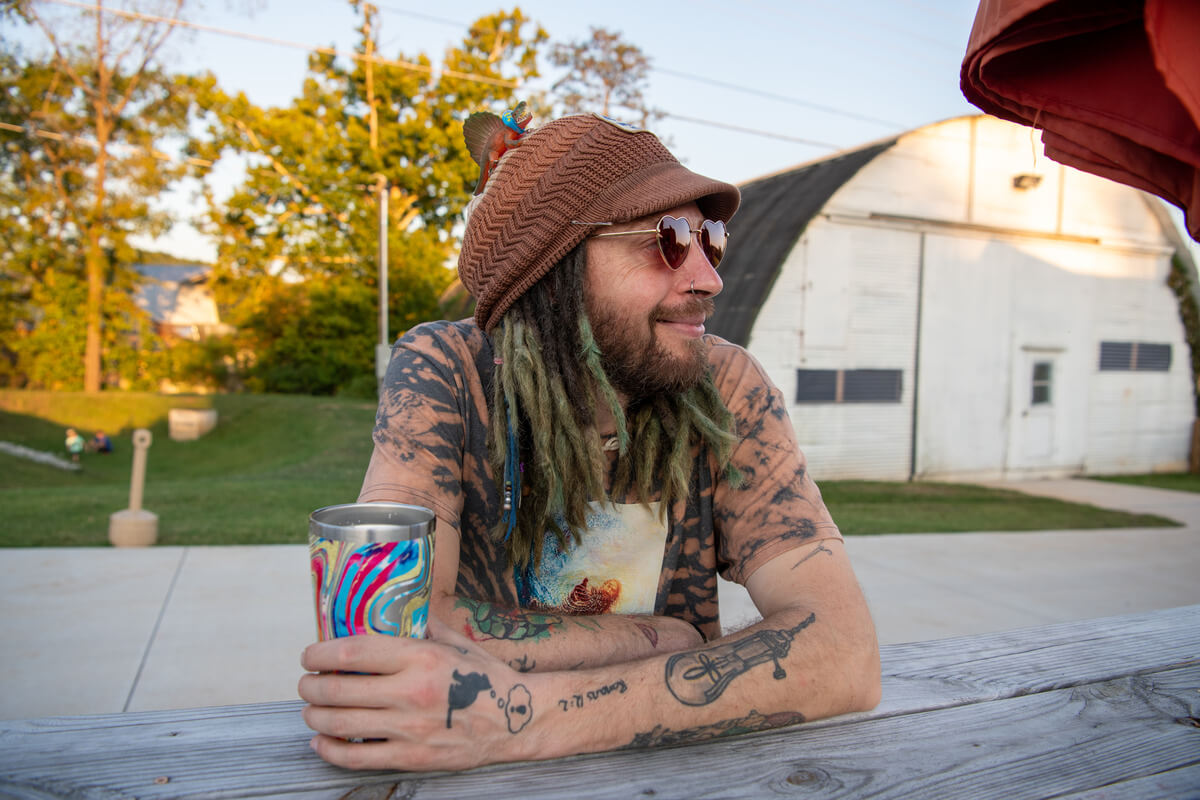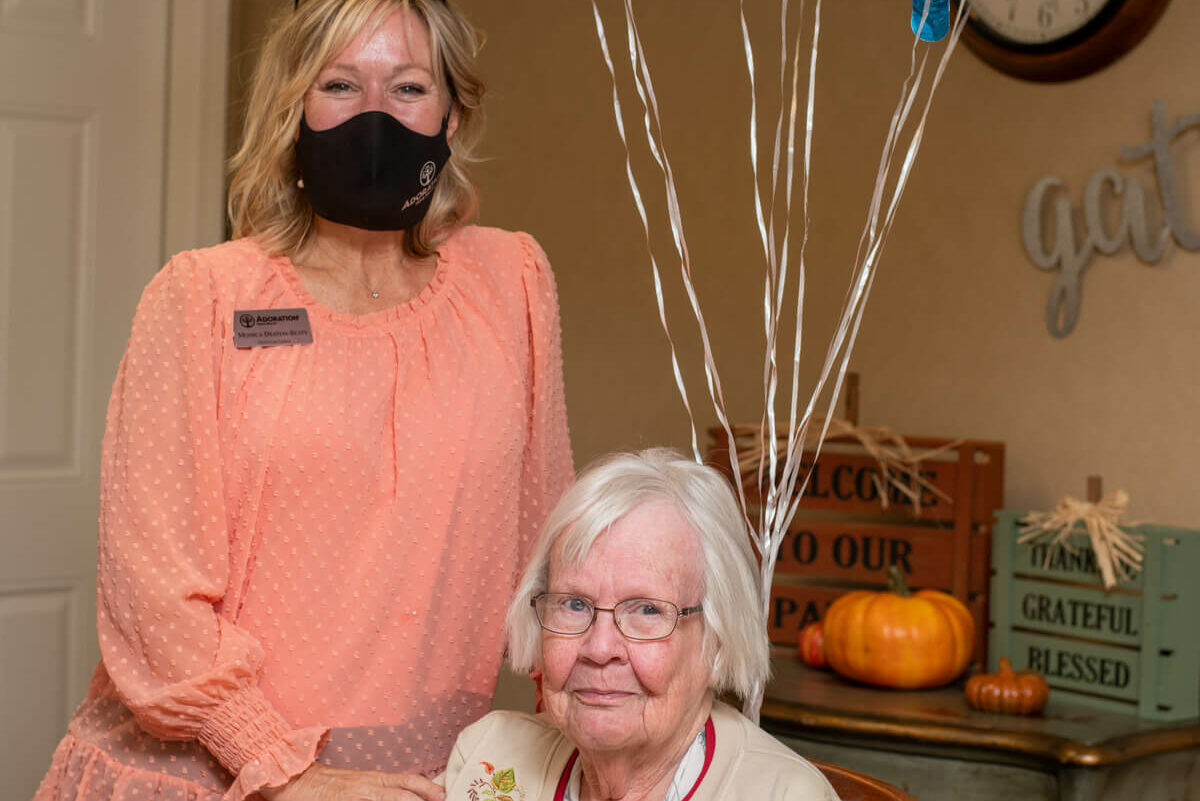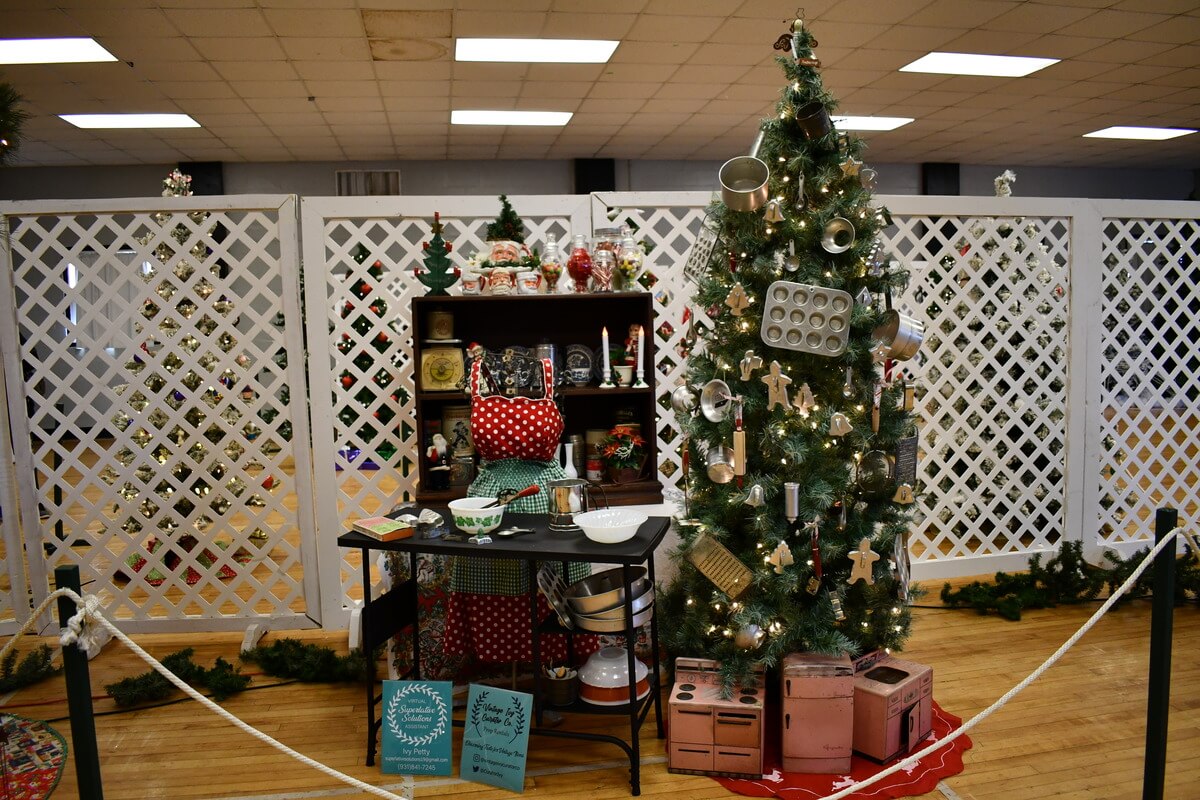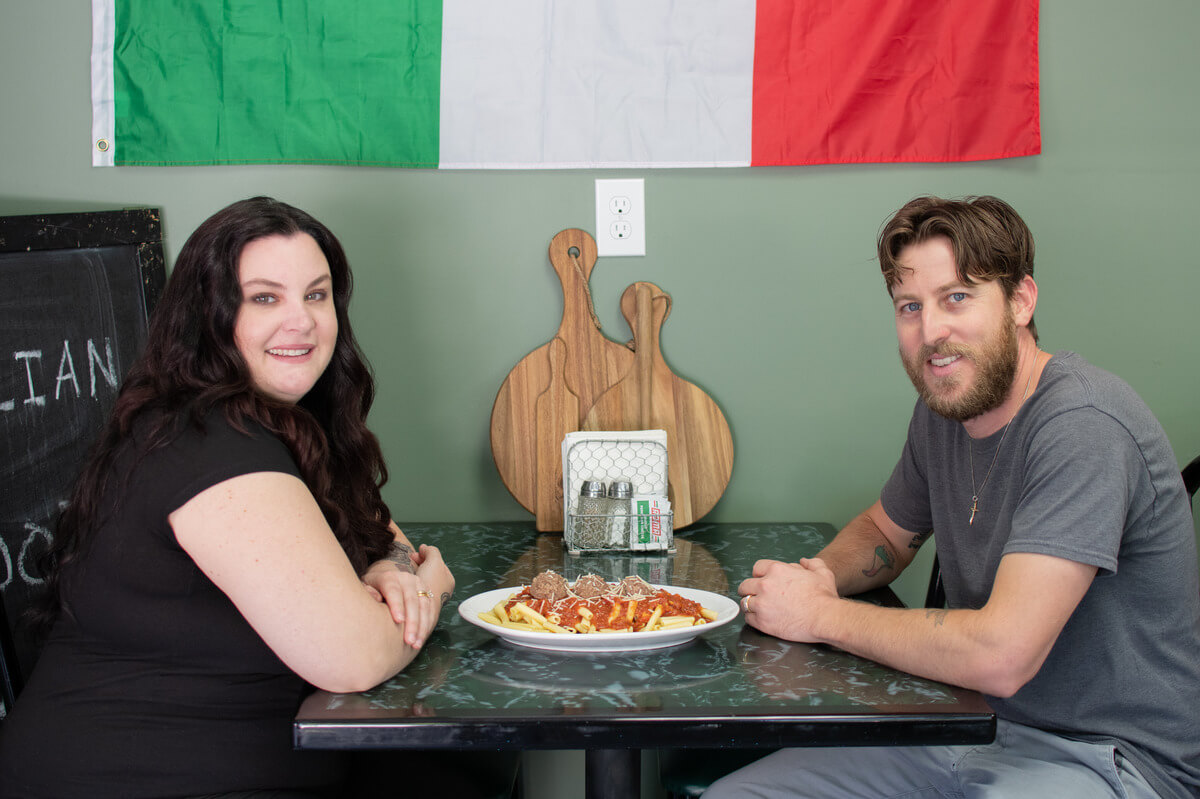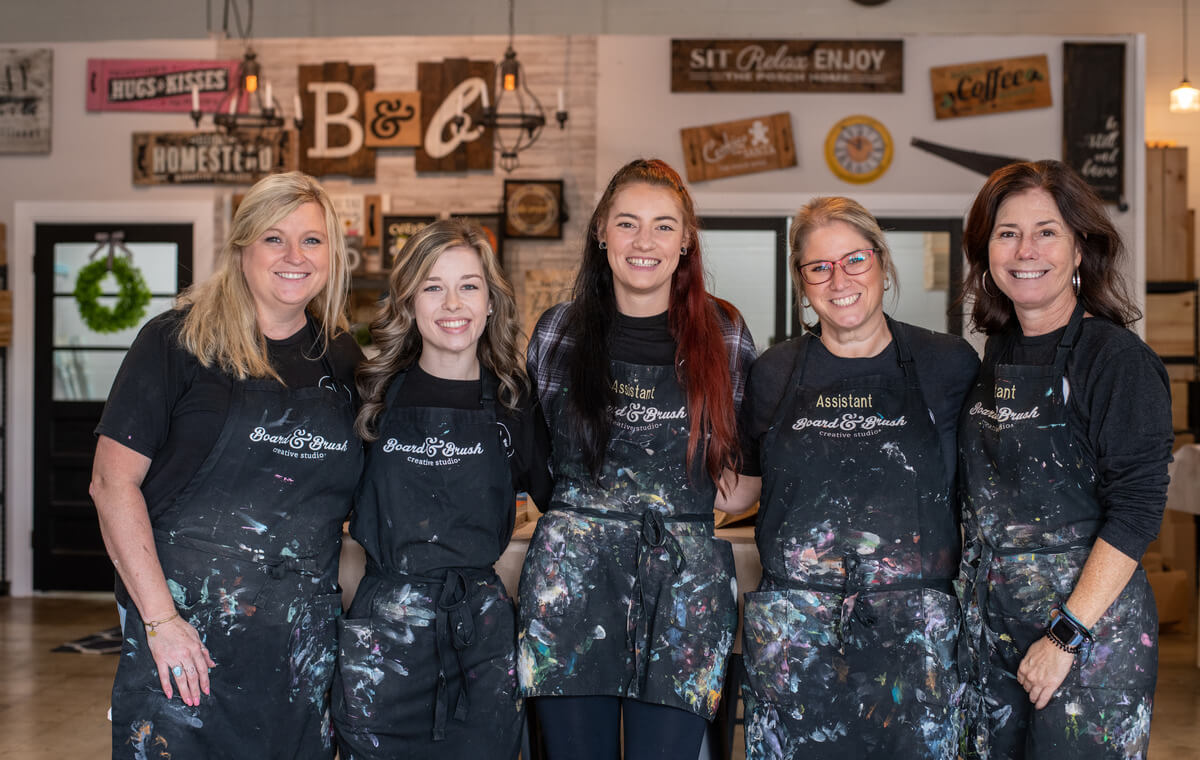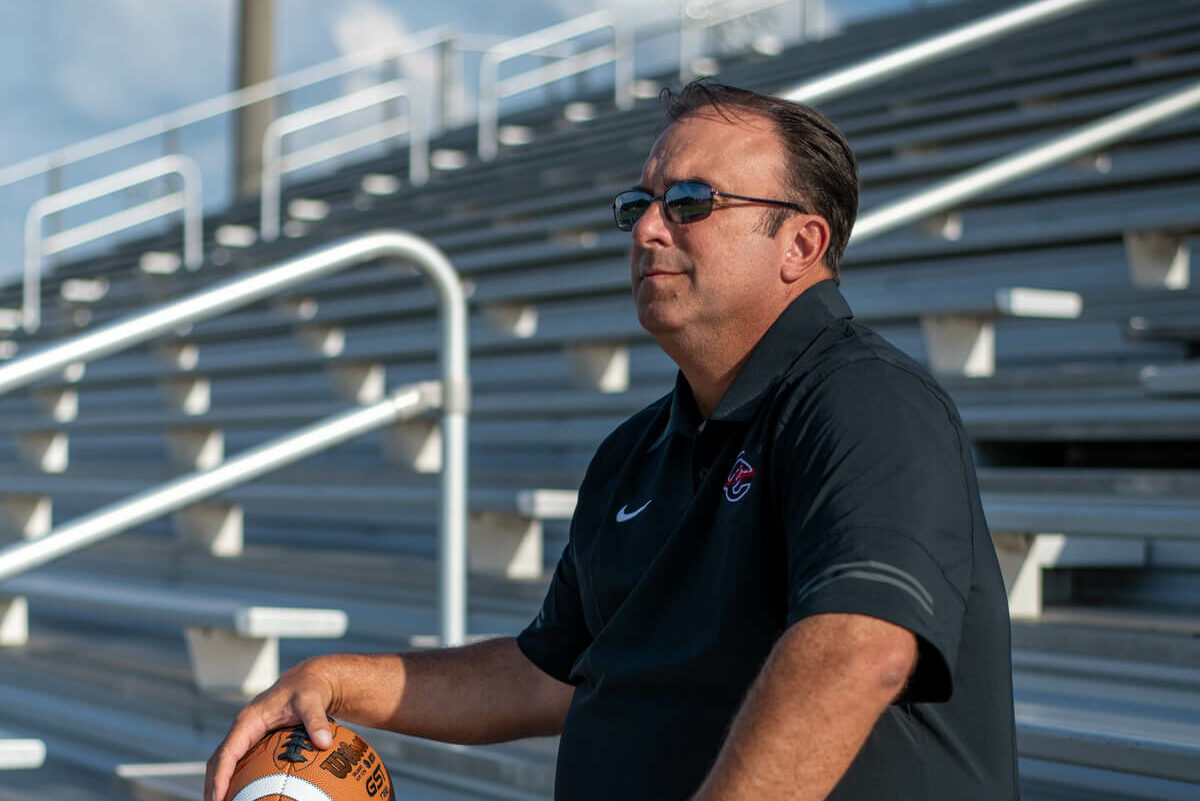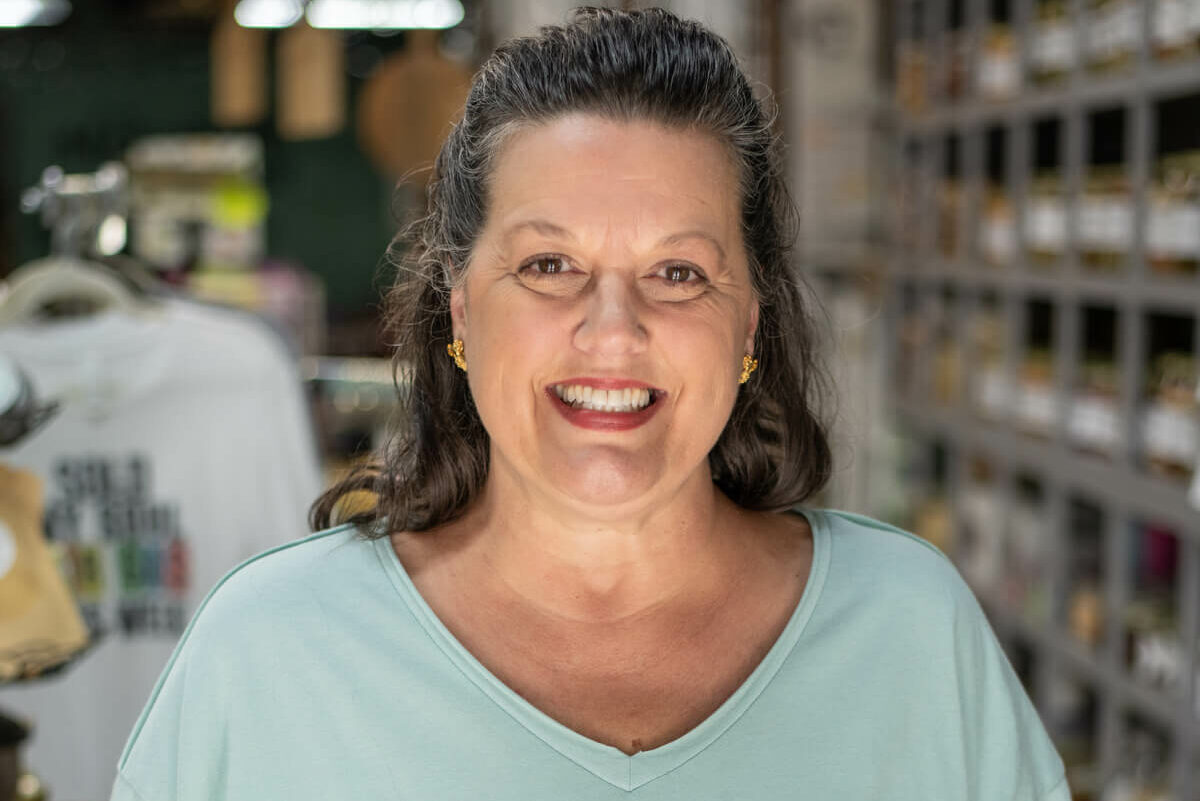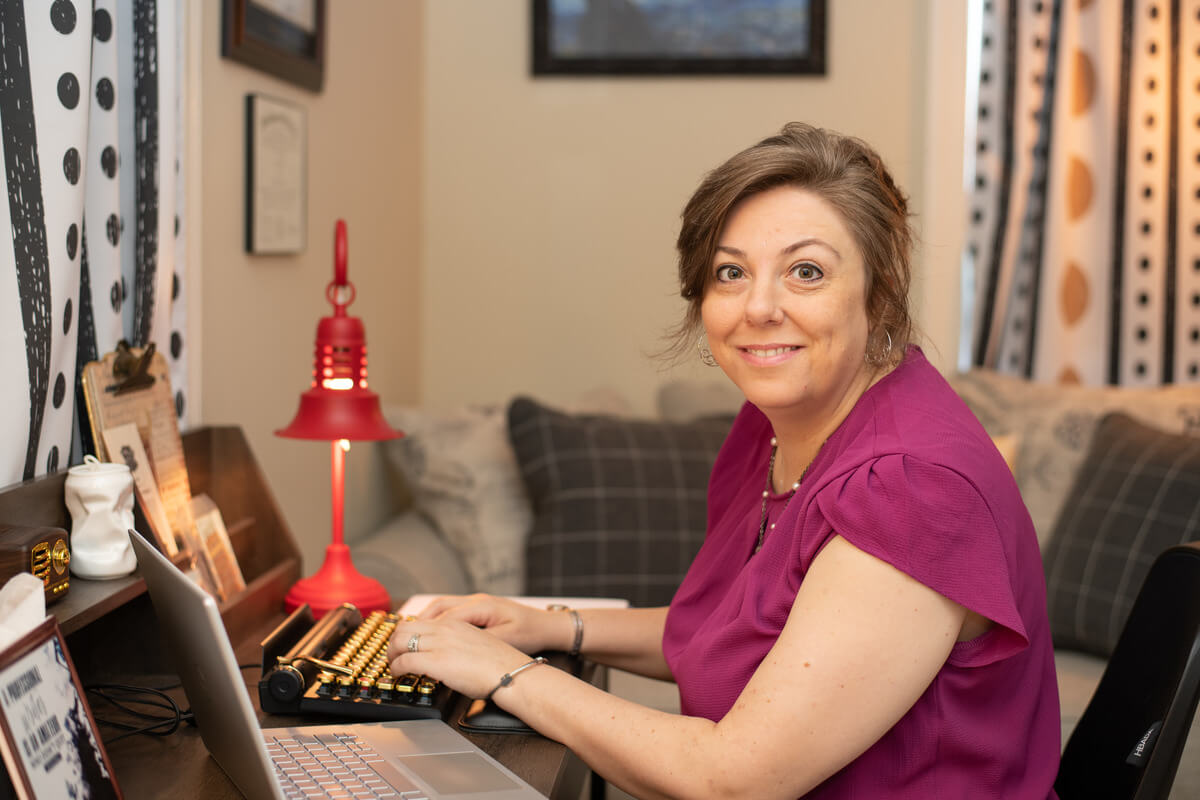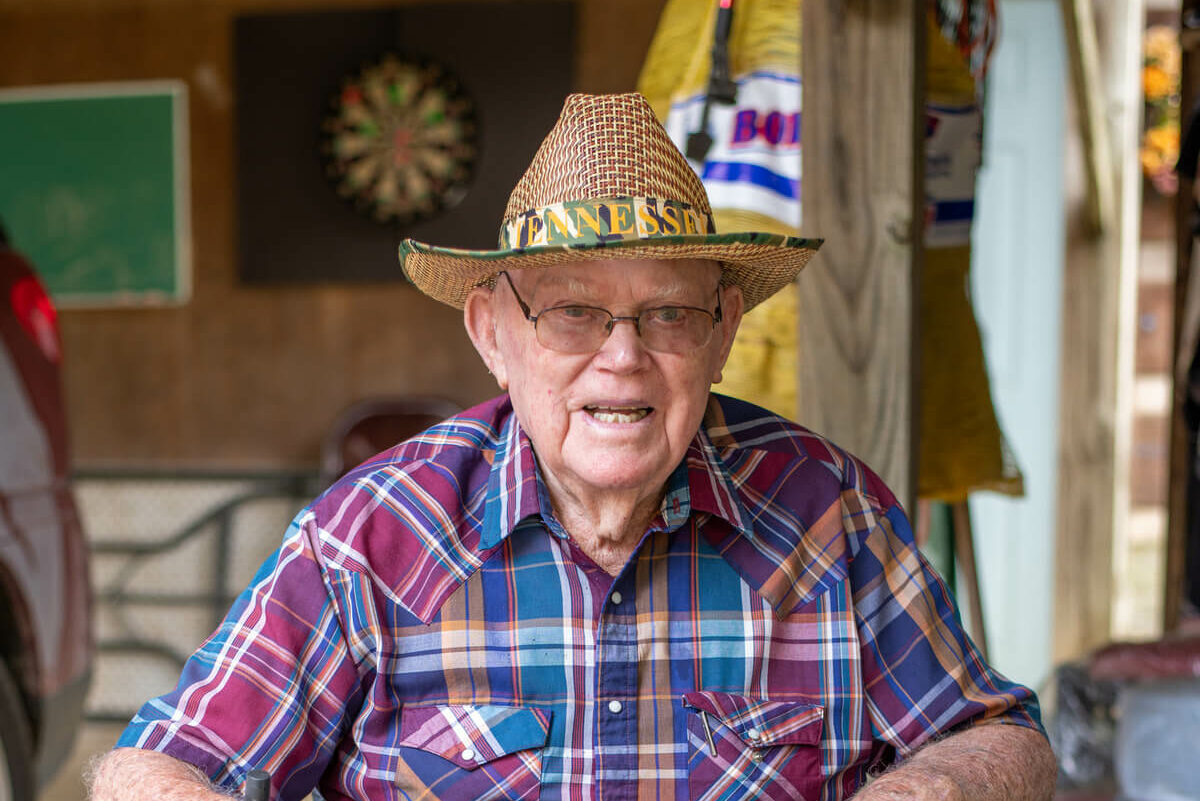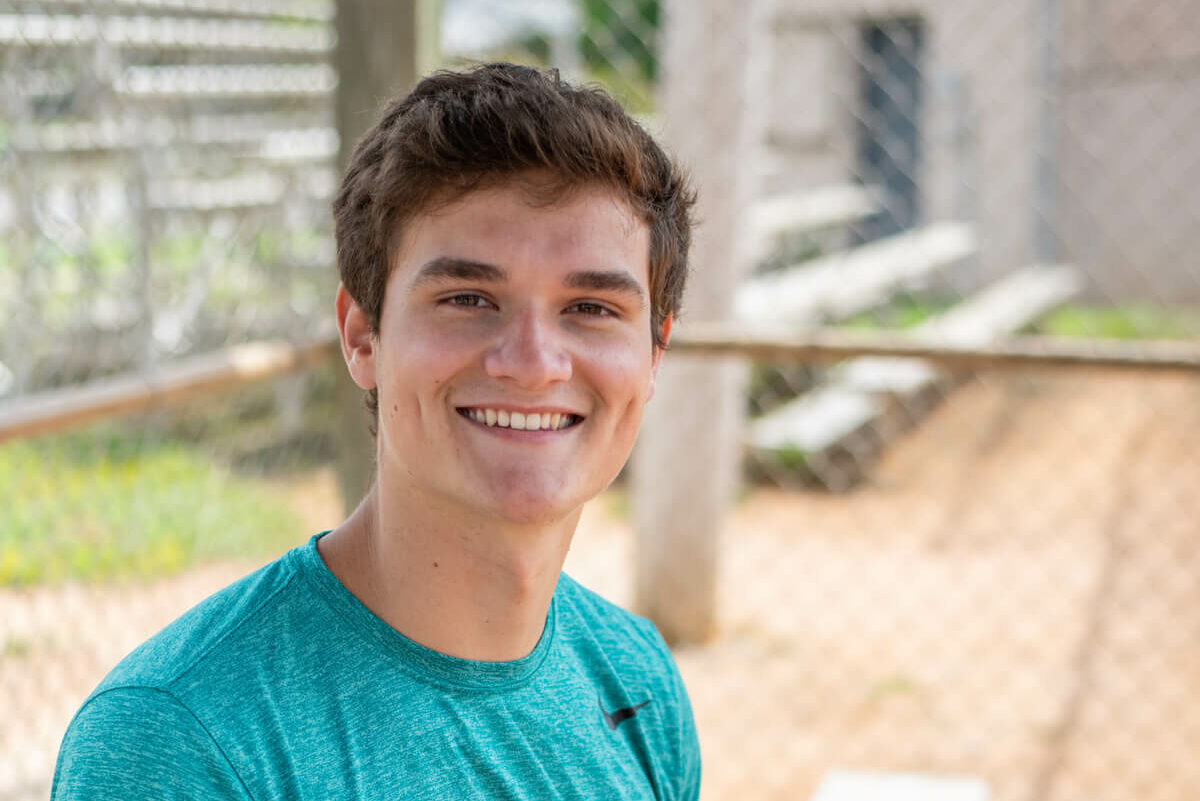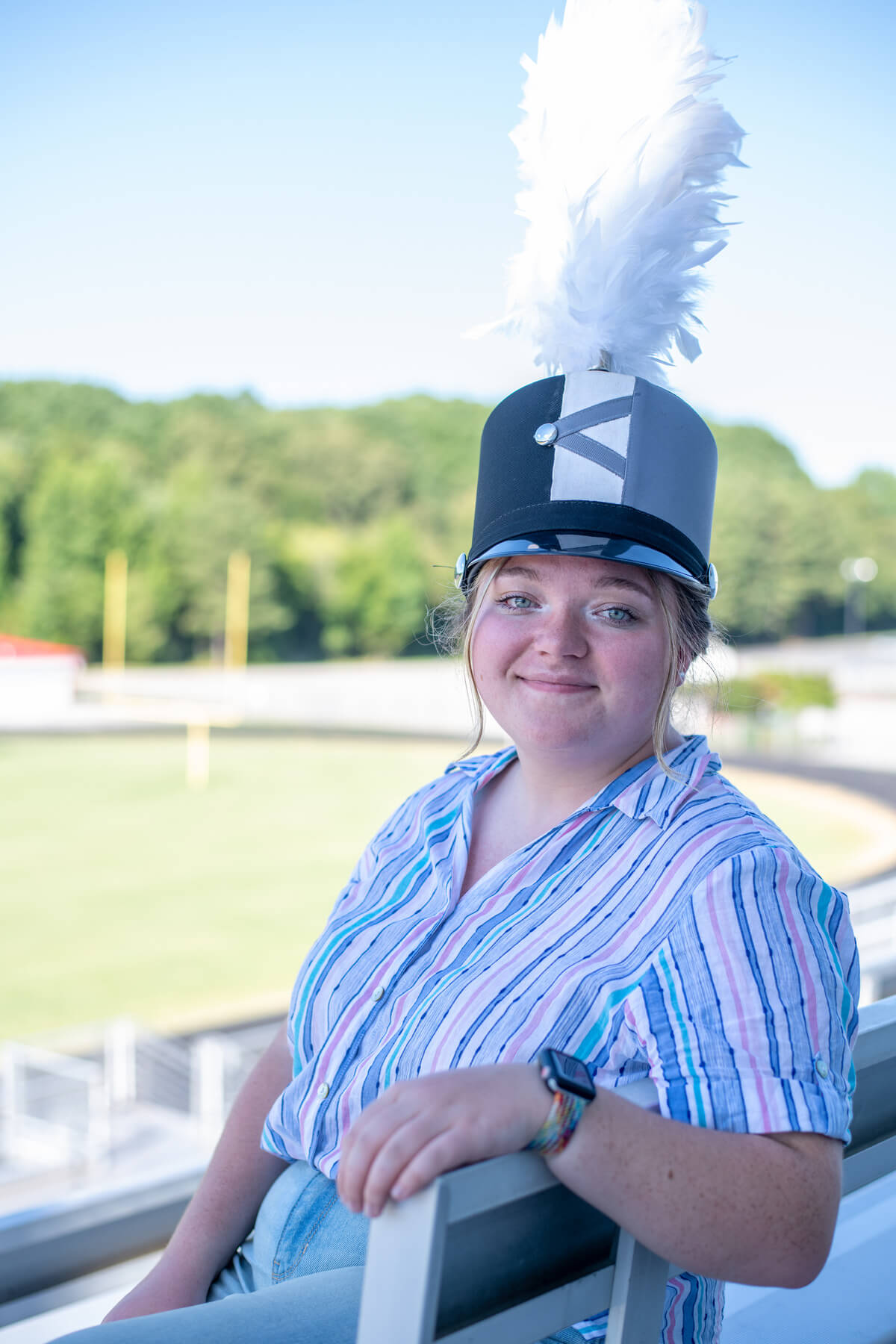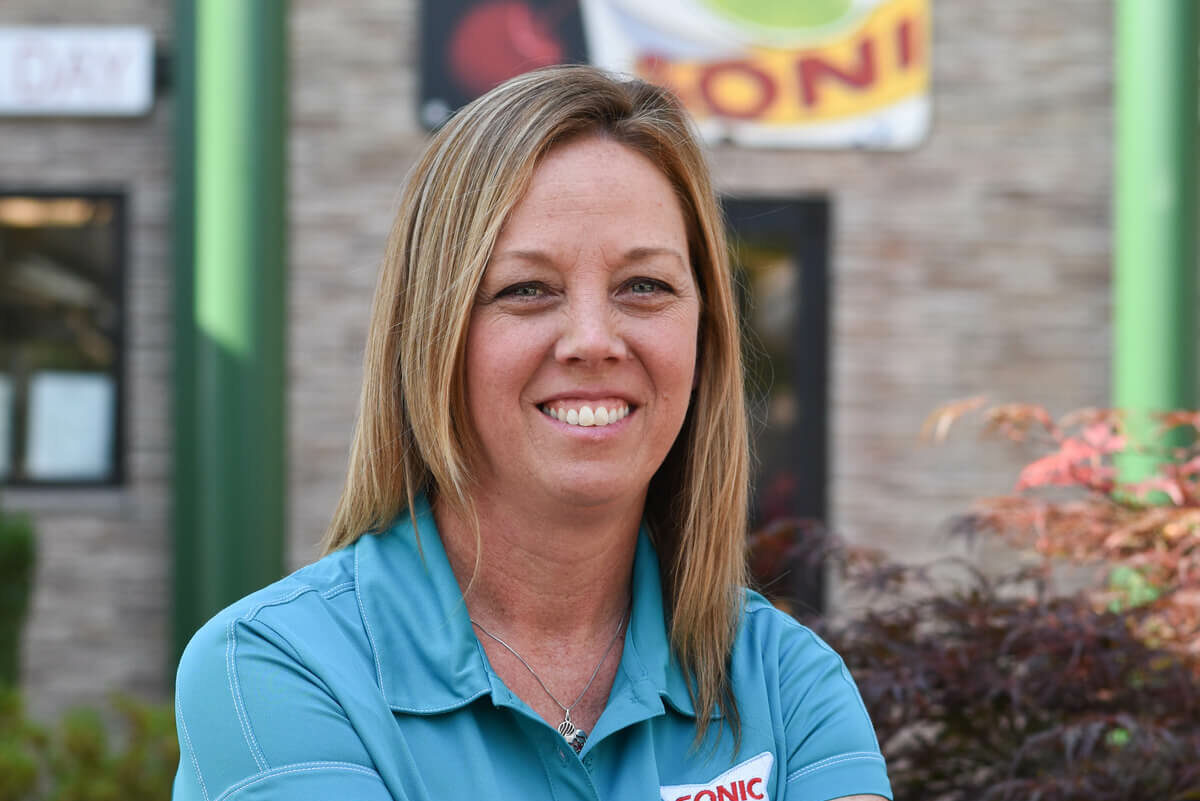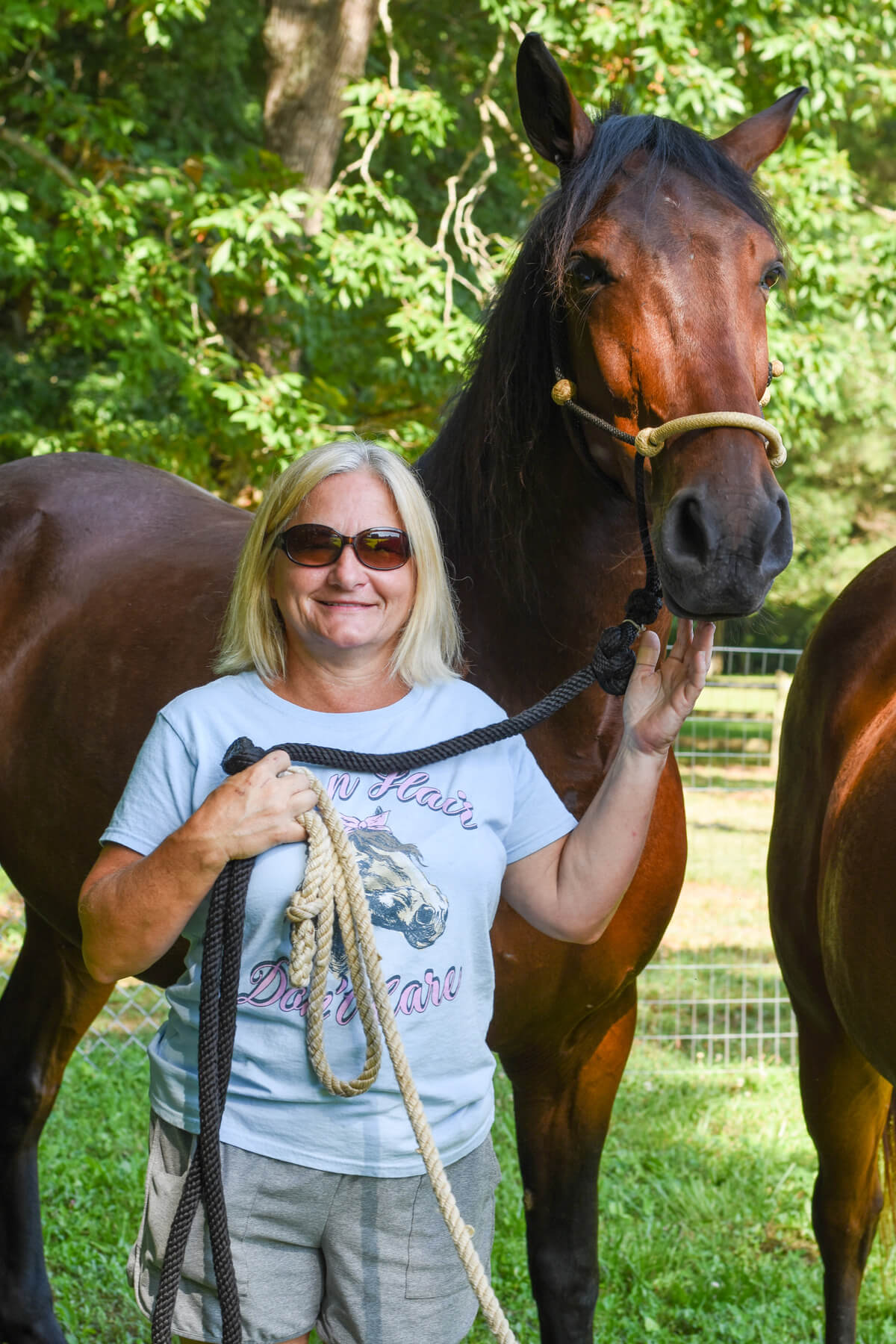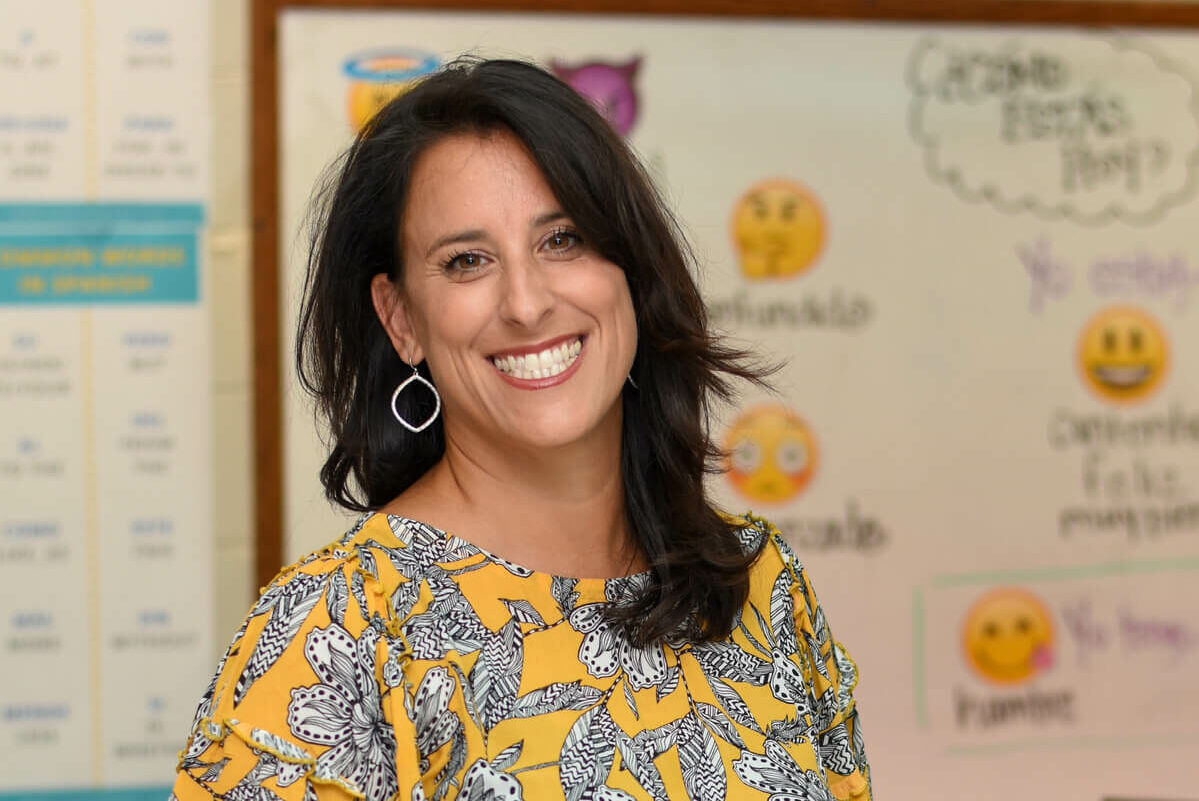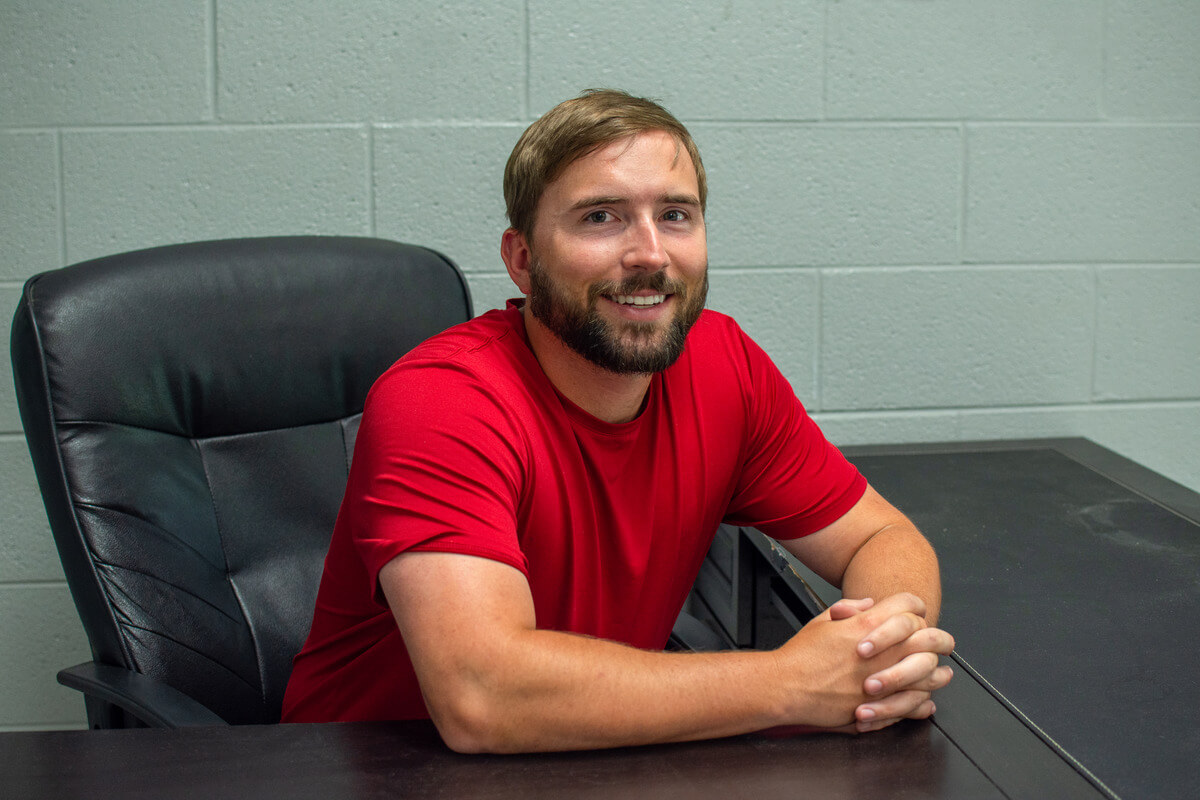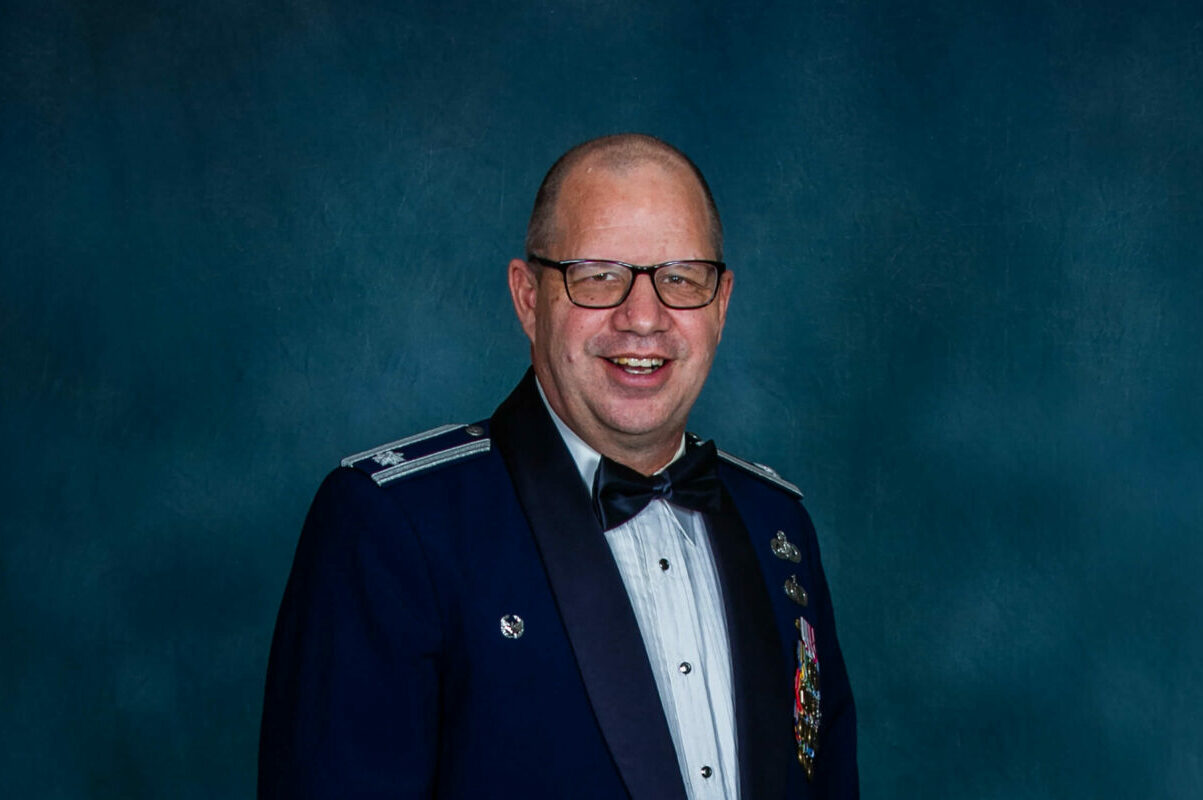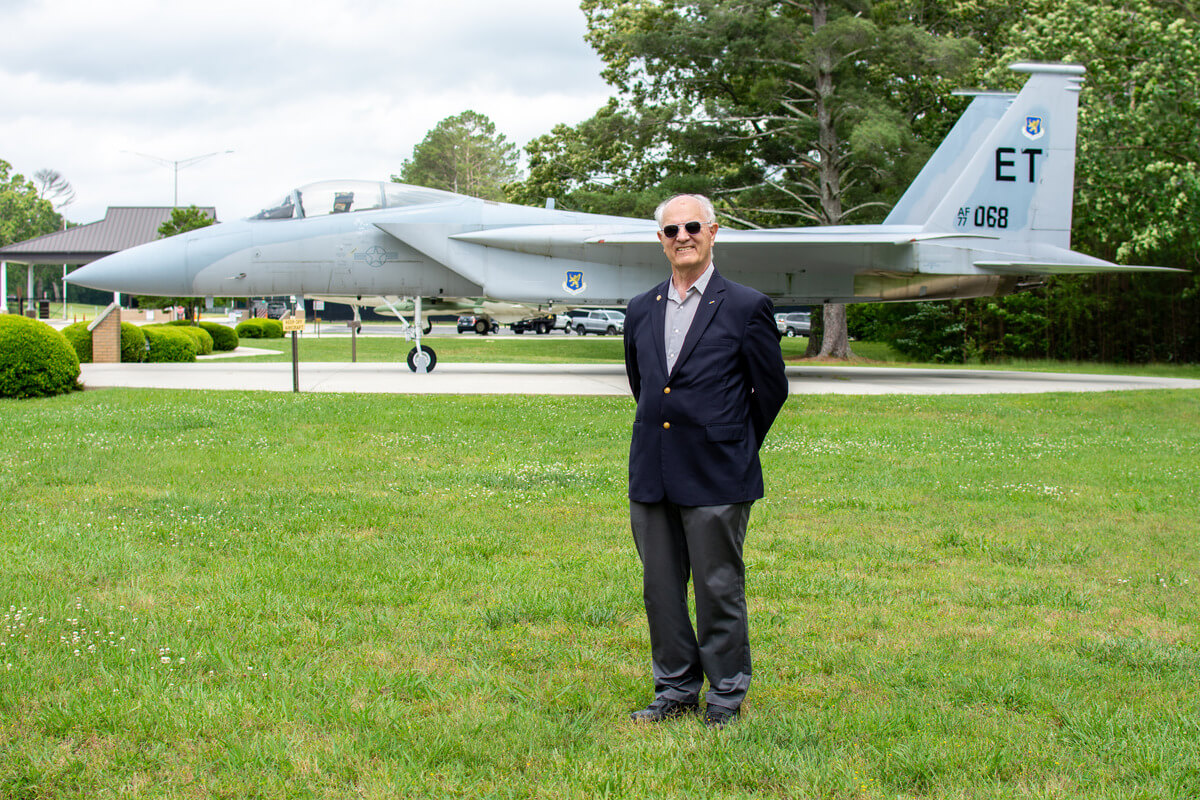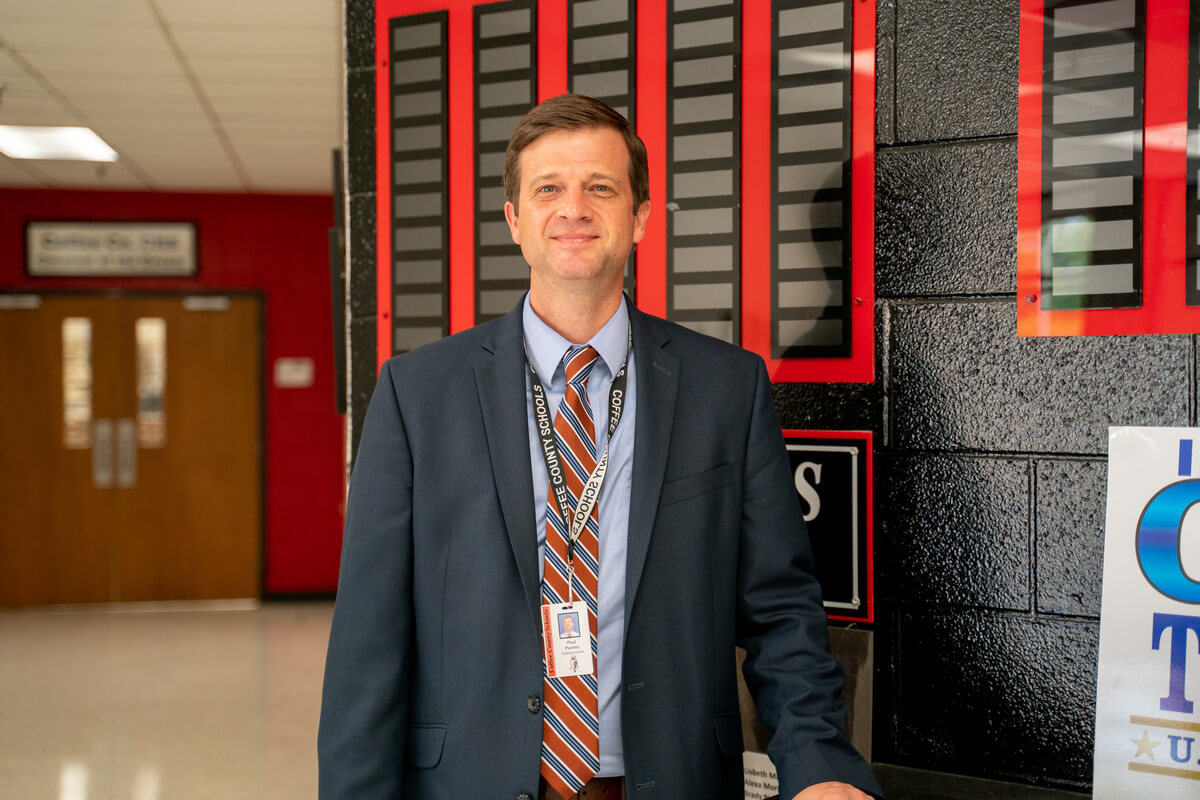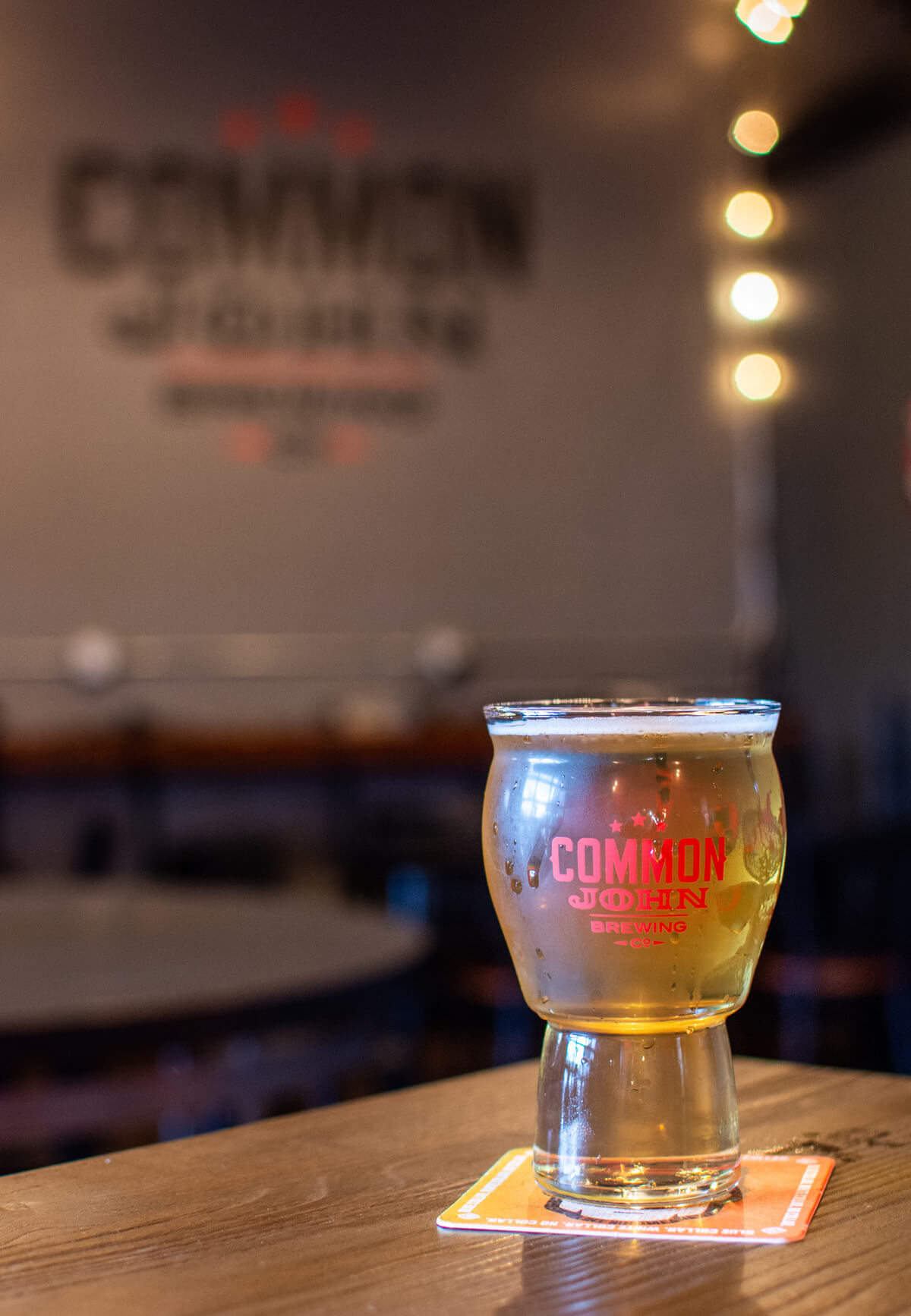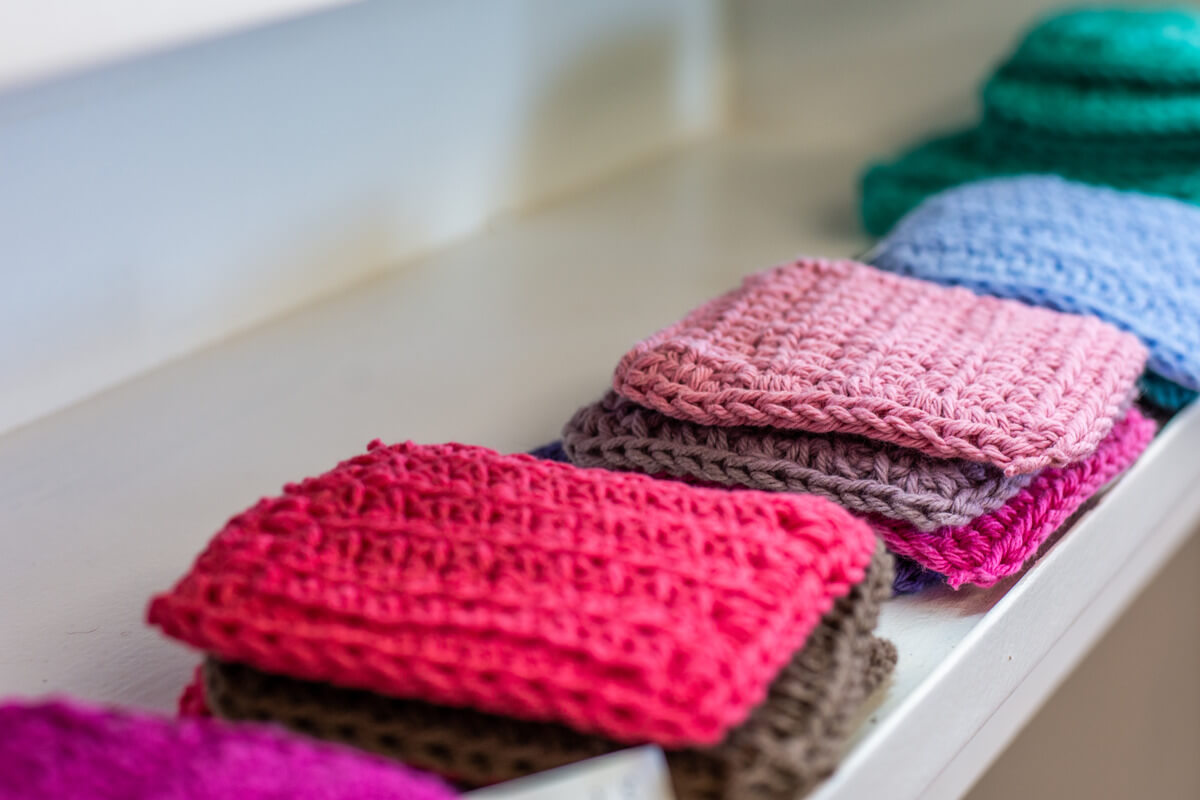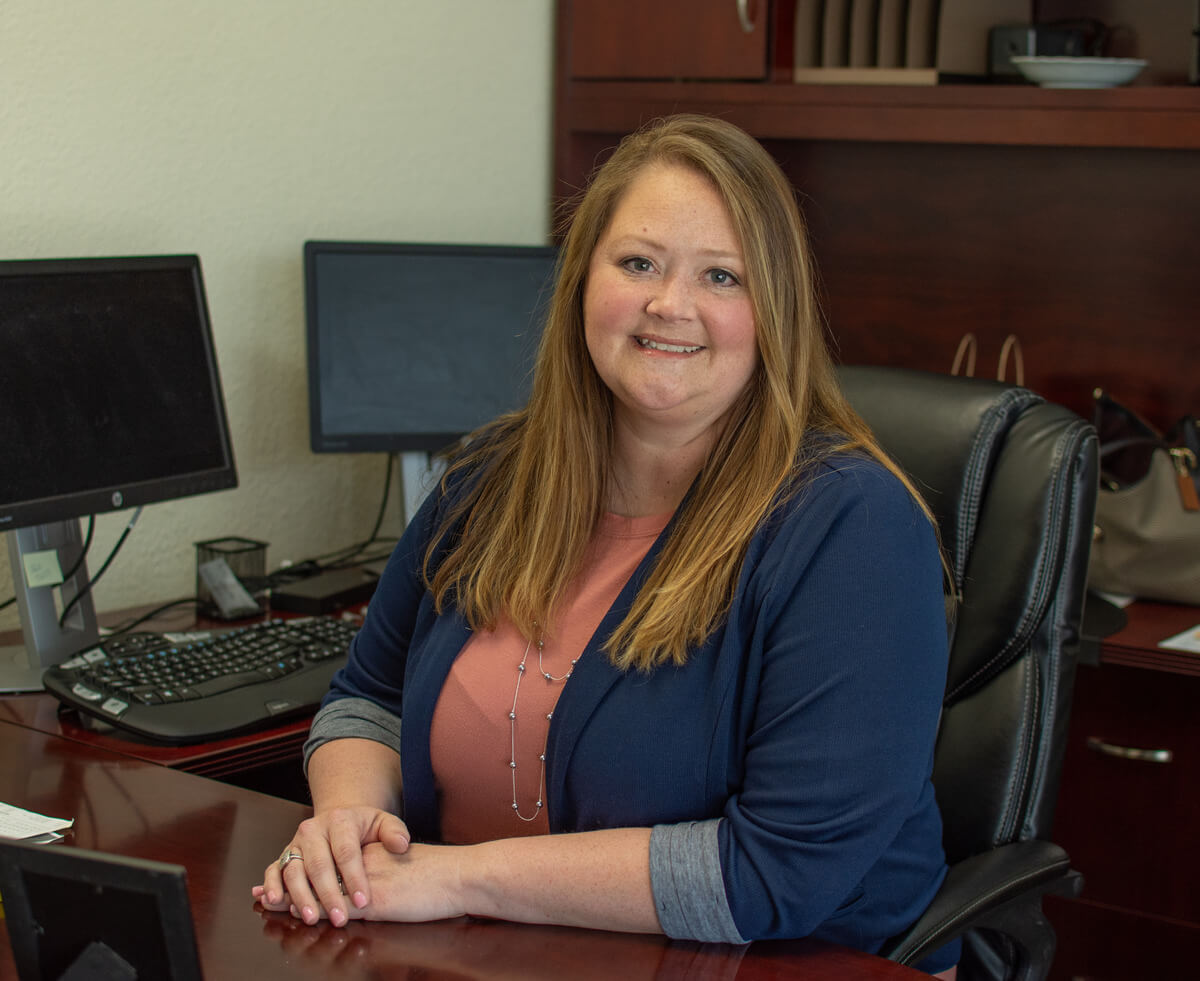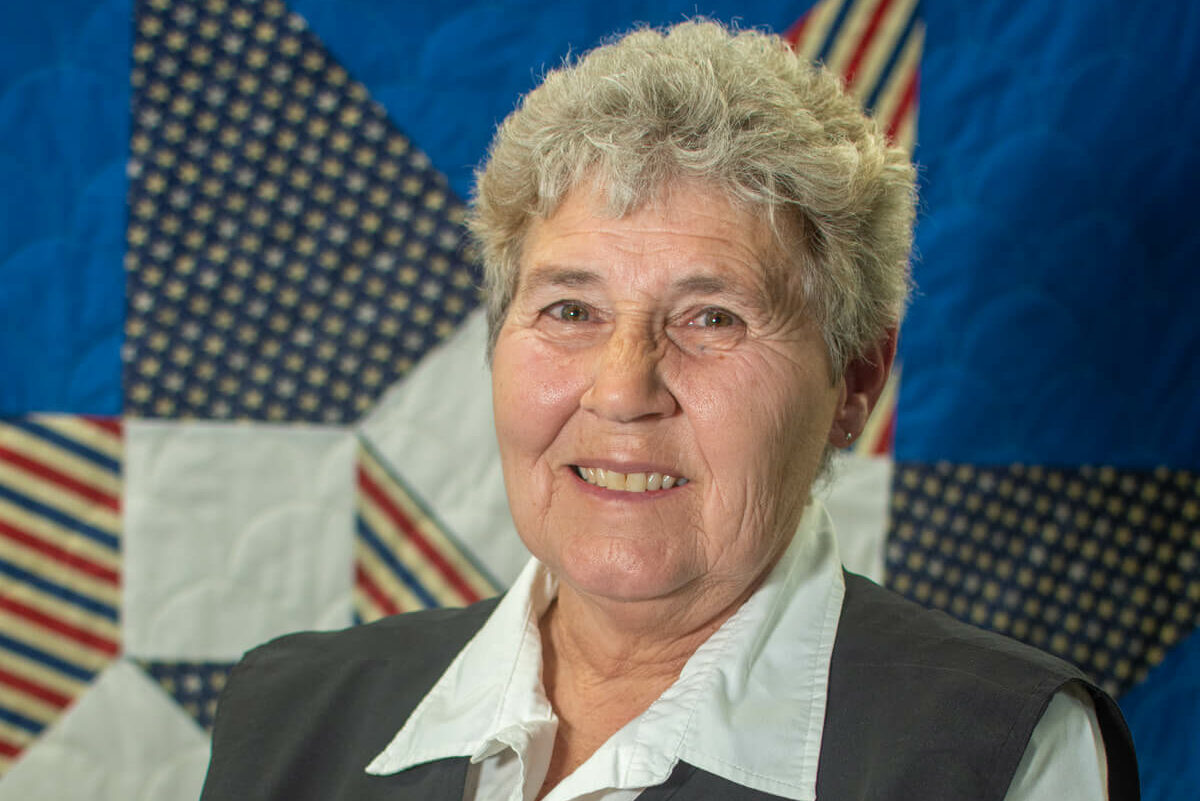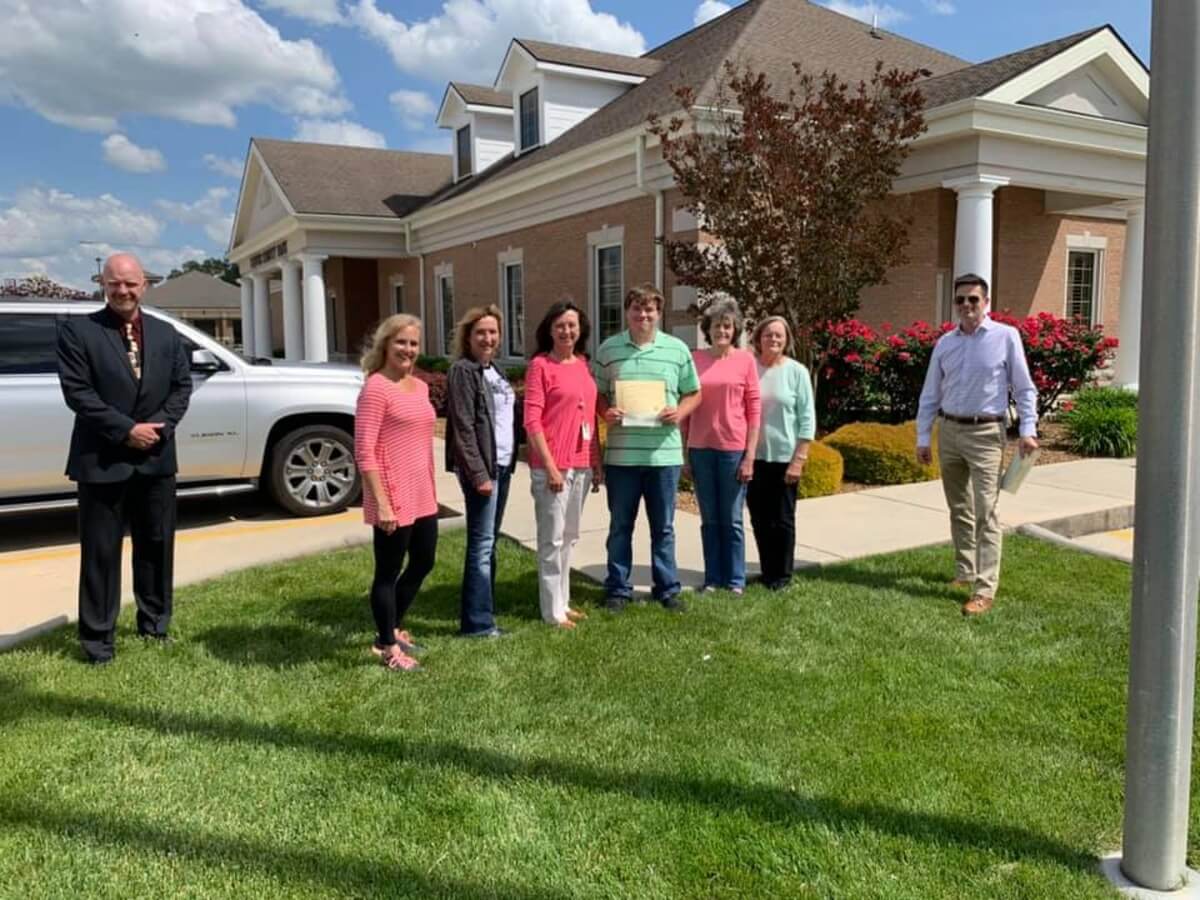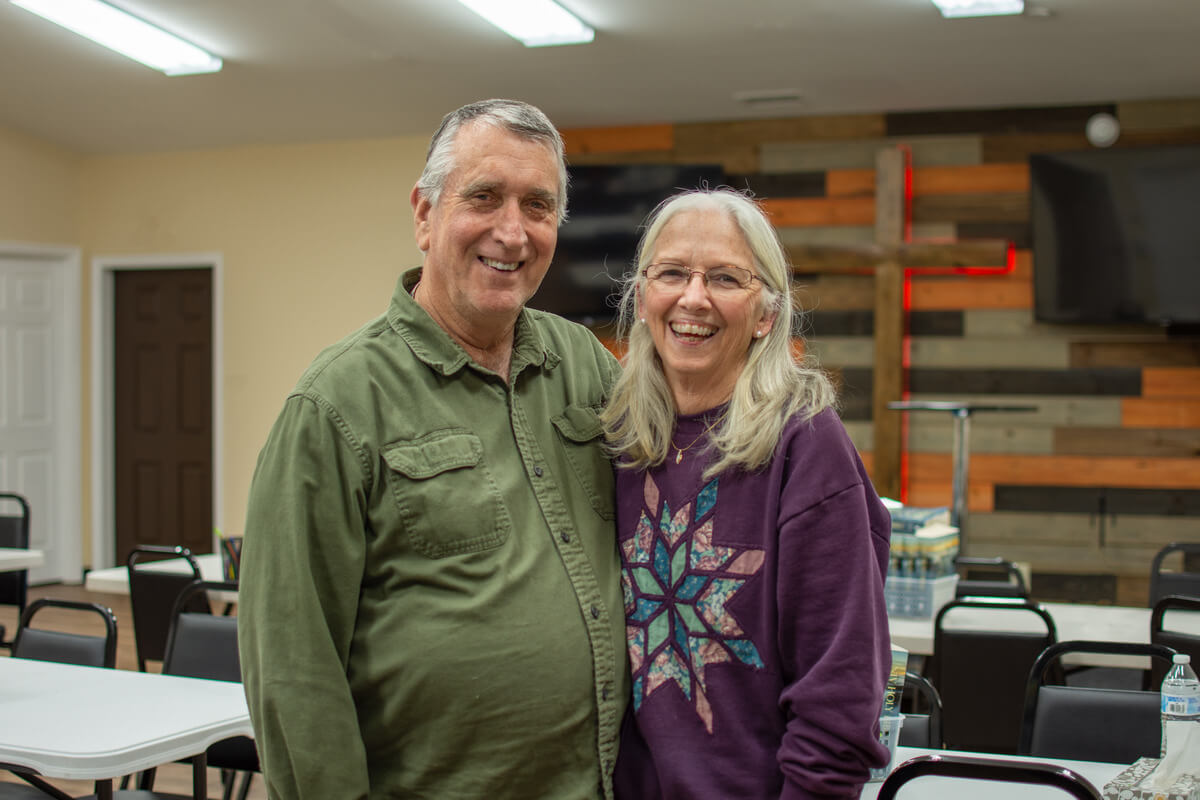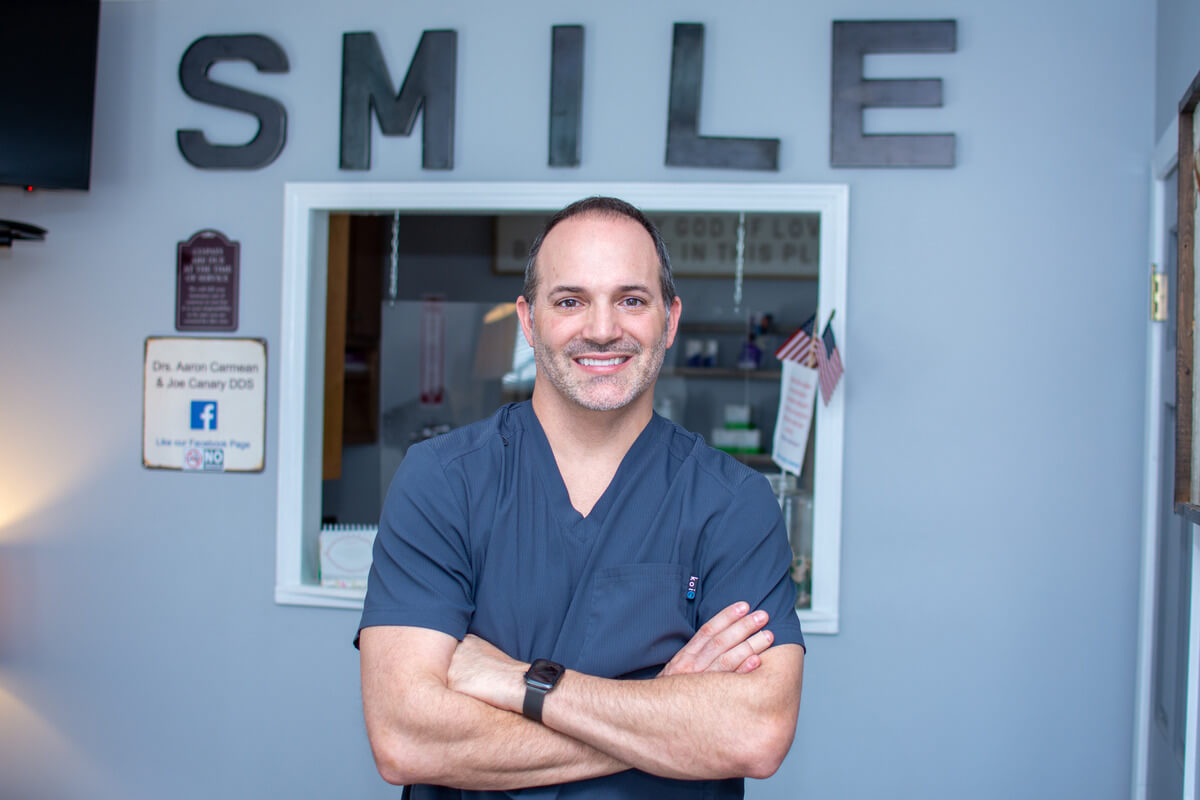FUTURE HEALING
Kayla Nicholson looked down at the family photo on her phone as her eyes traced the smiles of her three children. After years of separation, each face under the same roof felt like a miracle. It hadn’t been an easy journey — her life had been destabilized by addiction, loss, and years spent in a darkness she thought was inescapable.
As she stared at the picture, a new reality settled over her that her family was whole again. Still, the memories of the past tugged at her mind and reminded her of how close she had come to losing it all. The darkness she fought through wasn’t merely the dim isolation of jail cells. It was a deeper, more consuming despair that had embedded itself well before her first arrest.
Growing up, Nicholson witnessed the turmoil of domestic abuse, which filled her childhood with instability and disarray. Abuse influenced much of her earlier life, leading her down a path to addiction. As a teenager, she became entangled in an abusive relationship and addicted to painkillers. Her life eventually collapsed into a torrent of news headlines, police raids, and the wrenching loss of her children. She ended up in jail, feeling like there was a void where her soul should’ve been.
“When my babies were taken from me,” she said, “a piece of me didn’t come back.”
Incarceration forced Nicholson to confront herself. Alone with her thoughts and regrets, she faced the guilt of losing her children to addiction.
“I had no coping skills back then,” she admitted. “It was almost tormenting the way I started thinking about how I wasn’t a good mom. So I tried not to think about it.”

Her time in isolation created a turning point as Nicholson began to recognize the broken pieces within her. However, it would take the right guidance and a life-altering encounter to set her on the path to restoration. That encounter came when she met Jeannie Campbell, a volunteer with Doors of Hope (DOH), whom she met at church. Campbell began ministering to Nicholson at church, leading her to seek the recovery she needed.
“She ministered to me and had some Bible studies with me, and her testimony is what pulled me out,” she shared.
DOH is a program that helps women break free from incarceration cycles. The program eventually became Nicholson’s foundation for a new beginning. For eight months, she attended counseling sessions and Bible studies. As she listened to others share their stories of recovery, she began to believe that change was possible.
After such a transformative experience at DOH, Nicholson decided to attend Blue Monarch, a long-term residential program for women and children overcoming addiction and abuse. In Blue Monarch, Nicholson once again found the support, community, and structure she needed to heal. Nicholson also found herself confronting memories and truths she had buried for years.
“Secrets only make you sicker,” she said.
She knew she had to expose her past trauma, addiction, and pain — if she was ever going to find peace. Slowly, layer by layer, she opened up and revisited memories that had been locked away by years of coping mechanisms and survival strategies.

“I didn’t even know I had a favorite color,” she admitted with a laugh. “When I realized my favorite color was green, I cried. I enjoyed getting to know myself through all this.”
Each step of recovery also taught her accountability. She learned about the triggers that could pull her back into darkness and actively chose a different path.
Shortly after her recovery process, she enrolled in psychology courses and marveled at the mind’s capacity to heal. Her studies became a way for her to process her own struggles, equipping her with tools to resist the temptations that once seemed inescapable.
The recovery program also helped her repair the broken relationship with her children. Her children returned to her one by one, and with every reunion, another piece of herself was restored. Five months ago, she welcomed her oldest son back, whom she had only seen on and off since he was 6 years old. Now 16, he joined his siblings under her roof, completing the family she had once feared she’d lost forever.
“I’ll wake up in the middle of the night to get a drink of water, and as I walk through the house, I realize — all my babies are here, sleeping under the same roof,” she said.
Nicholson’s journey now reaches back into the very spaces that once held her captive. She said after her recovery, she felt called to help others, and she now volunteers in jail ministry alongside Campbell.
“I just knew I was called to jail ministry,” she said. “I have learned everything I know through [Campbell].”
As a mentor and sponsor in a local jail ministry, Nicholson extends the kind of understanding and hope that Campbell offered her, illuminating the way for those still struggling in the darkness. Nicholson’s transformation is inspired by renewal, community, and self-discovery. She is proof that broken pieces can come together, that light can emerge from the darkest of places, and that redemption is possible, even for those who feel lost beyond hope.
As she looks at the photo of her reunited family, she understands life may not always be picture-perfect, but it signifies a miracle of second chances and the ability to reclaim her life. For now, though, she is grateful to wake up every morning with her children by her side, the past behind her, and a future full of hope. GN




